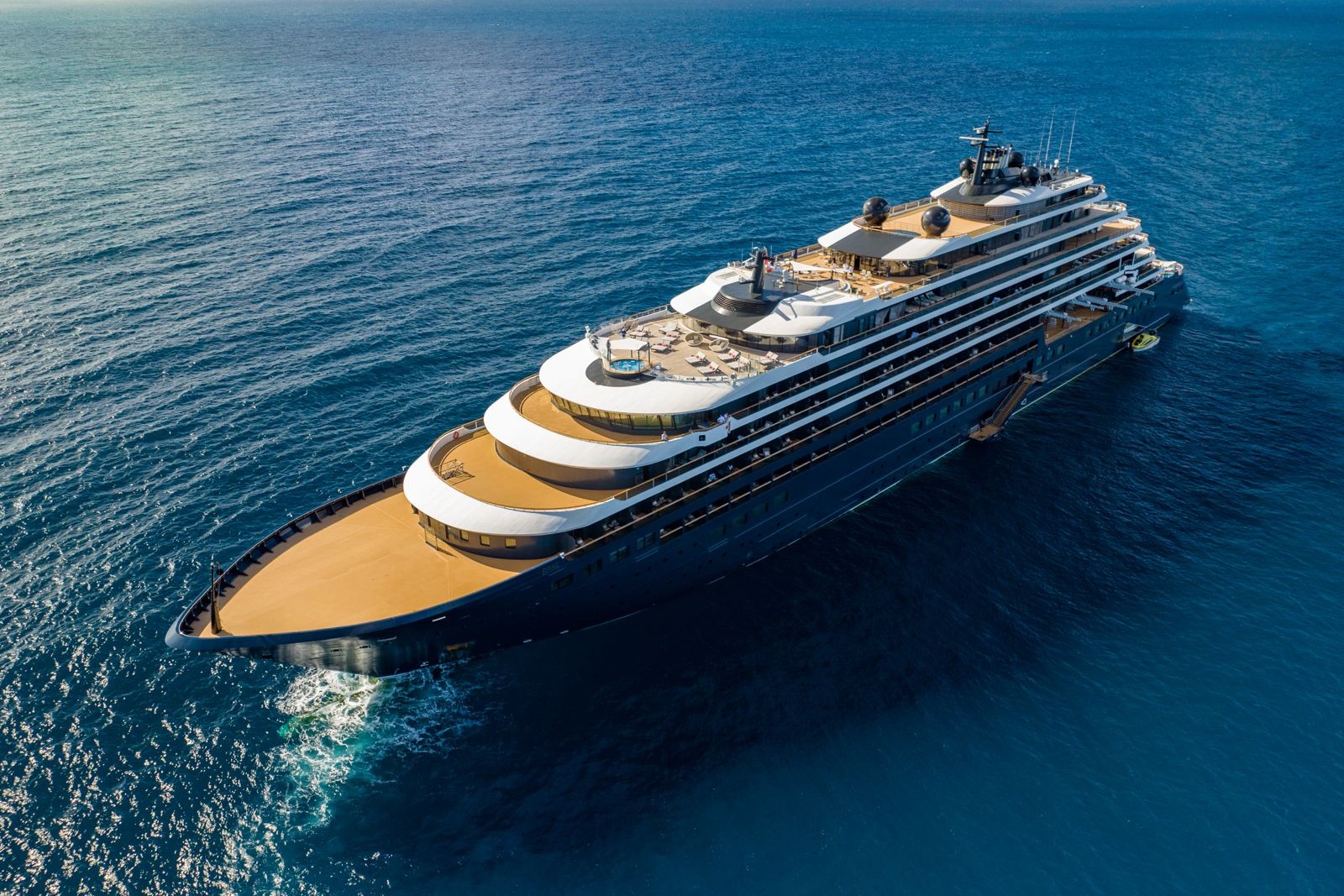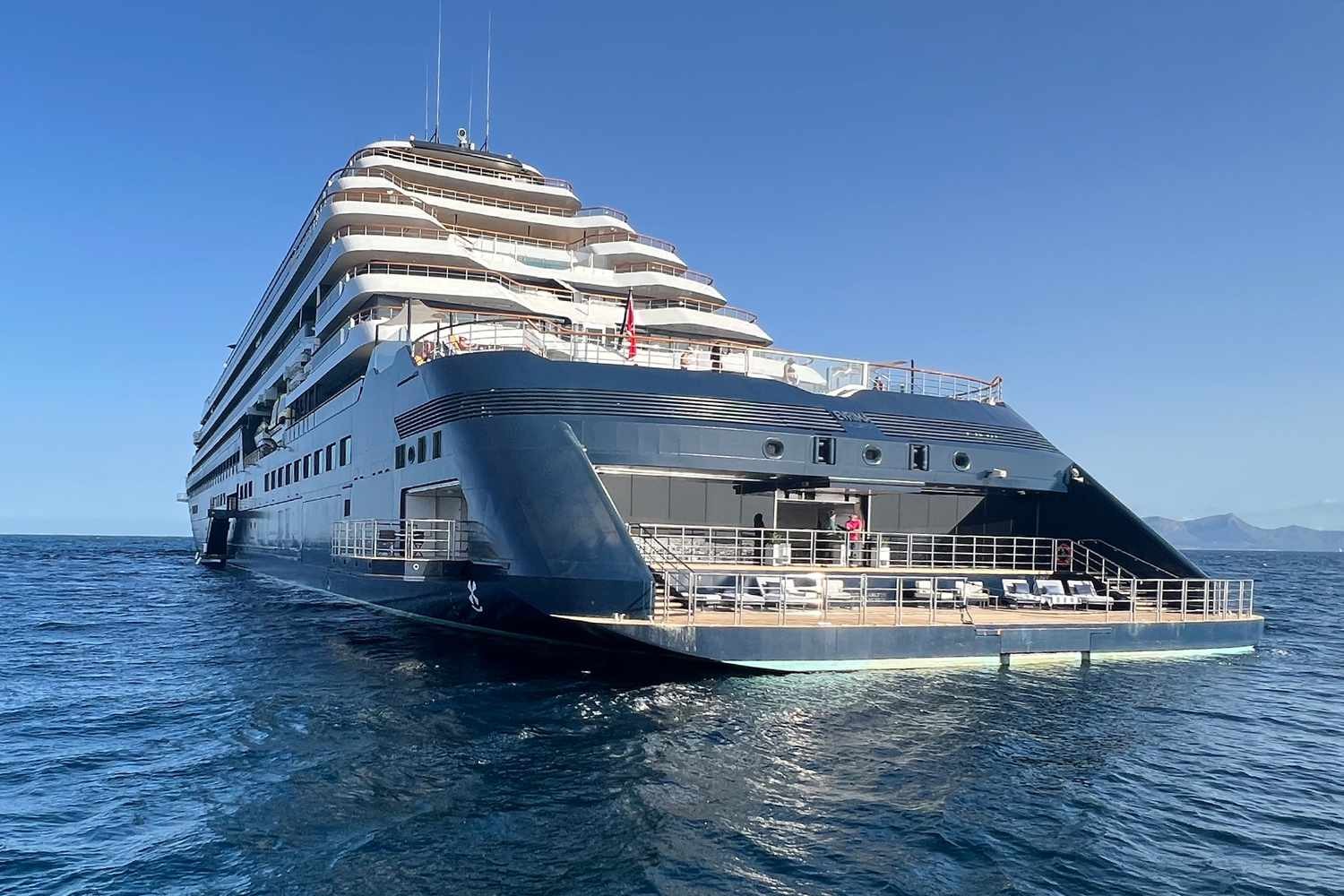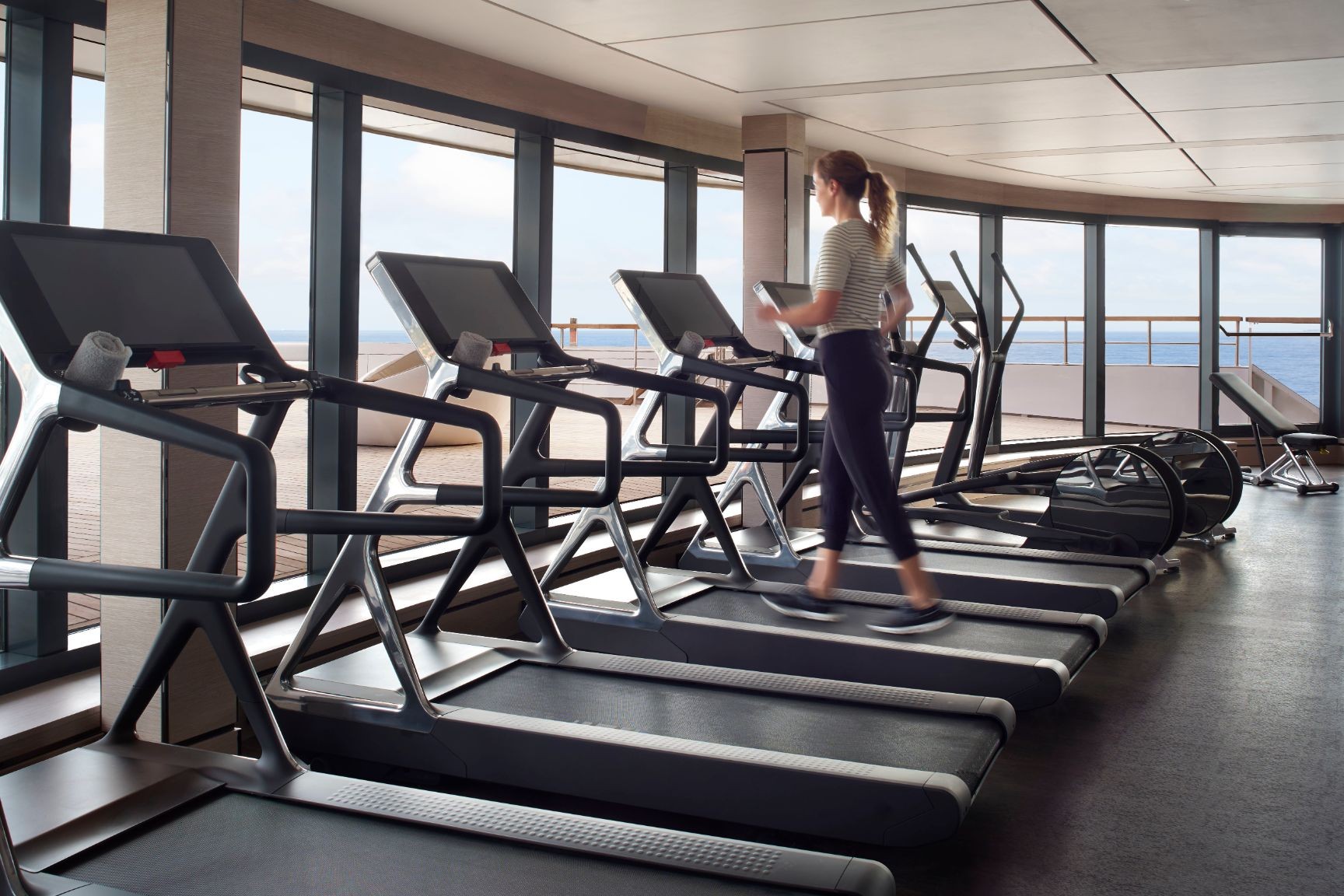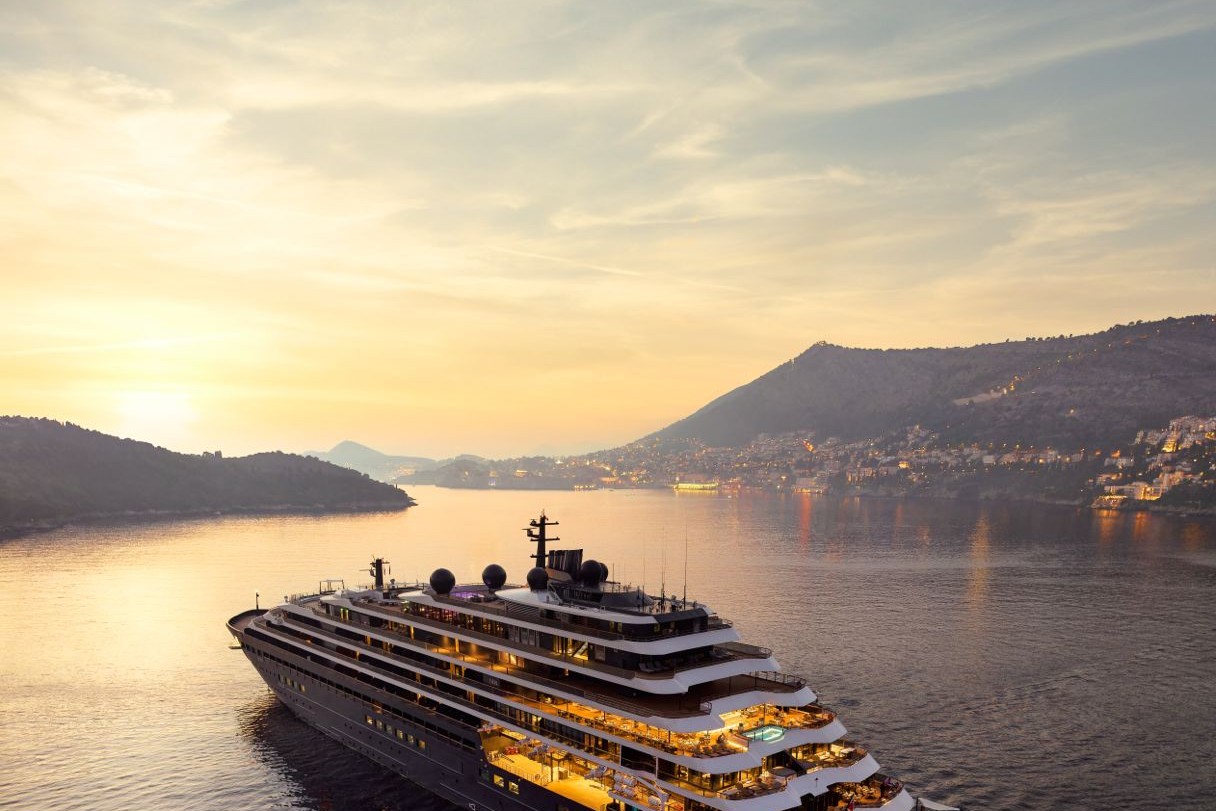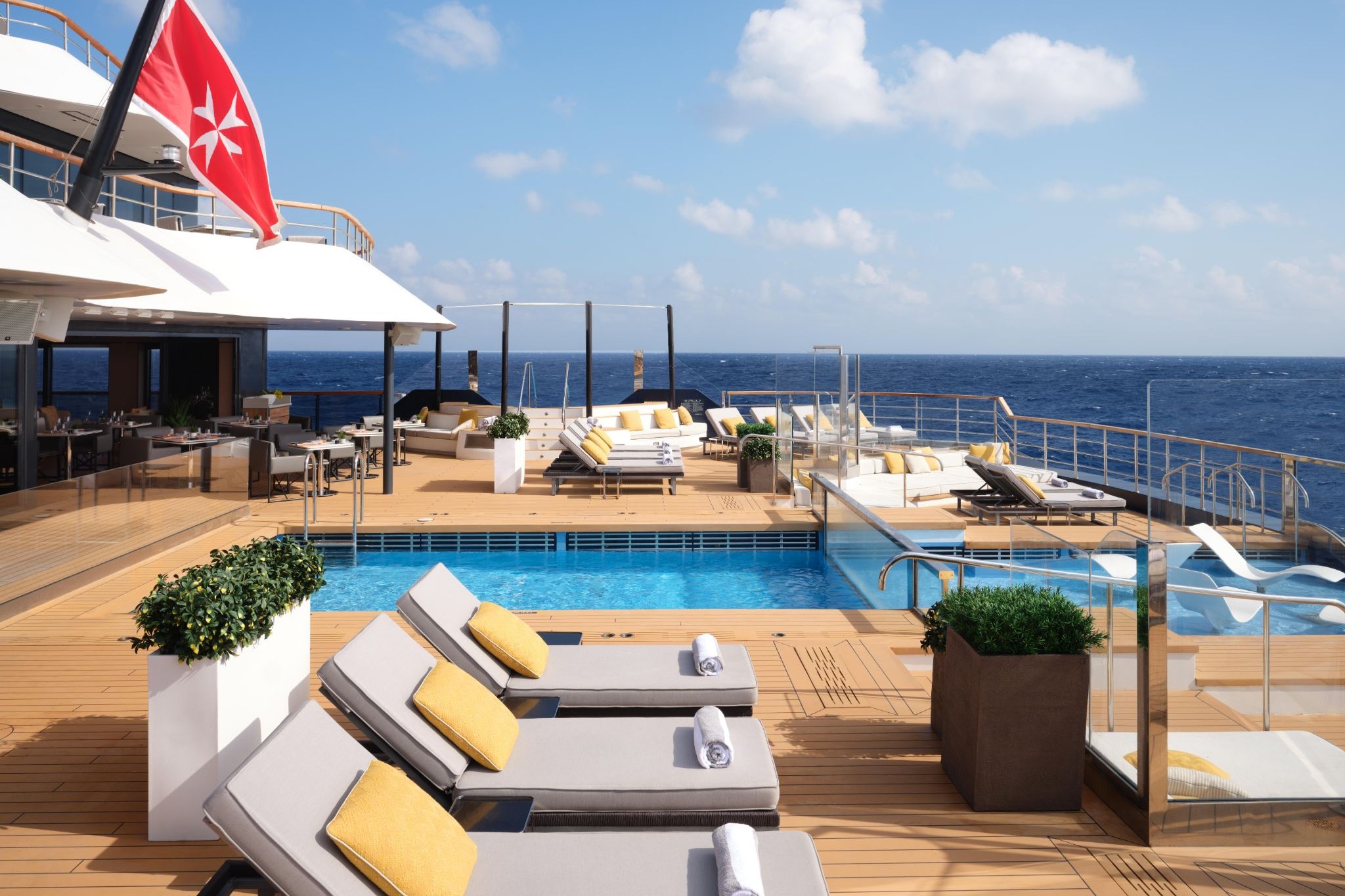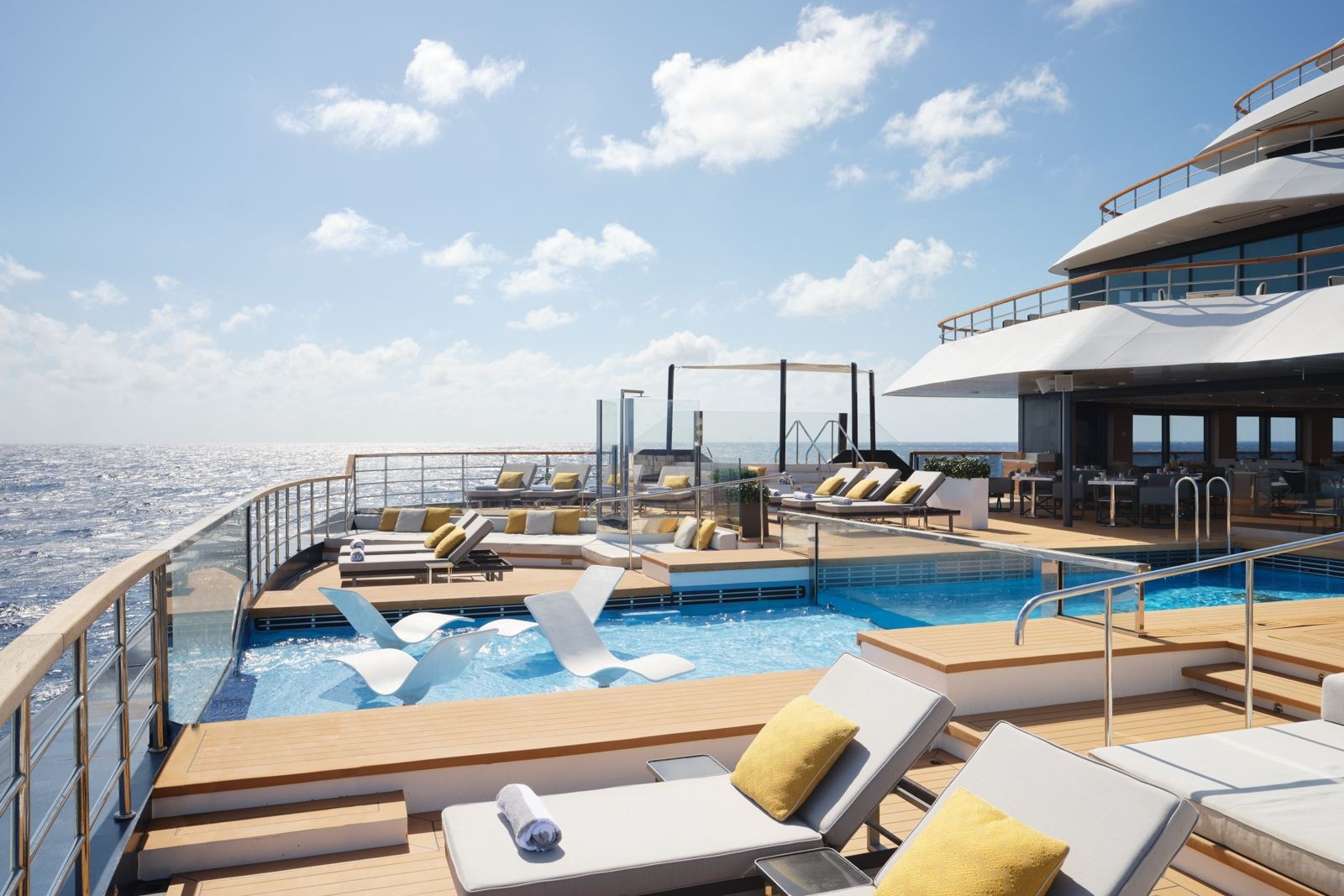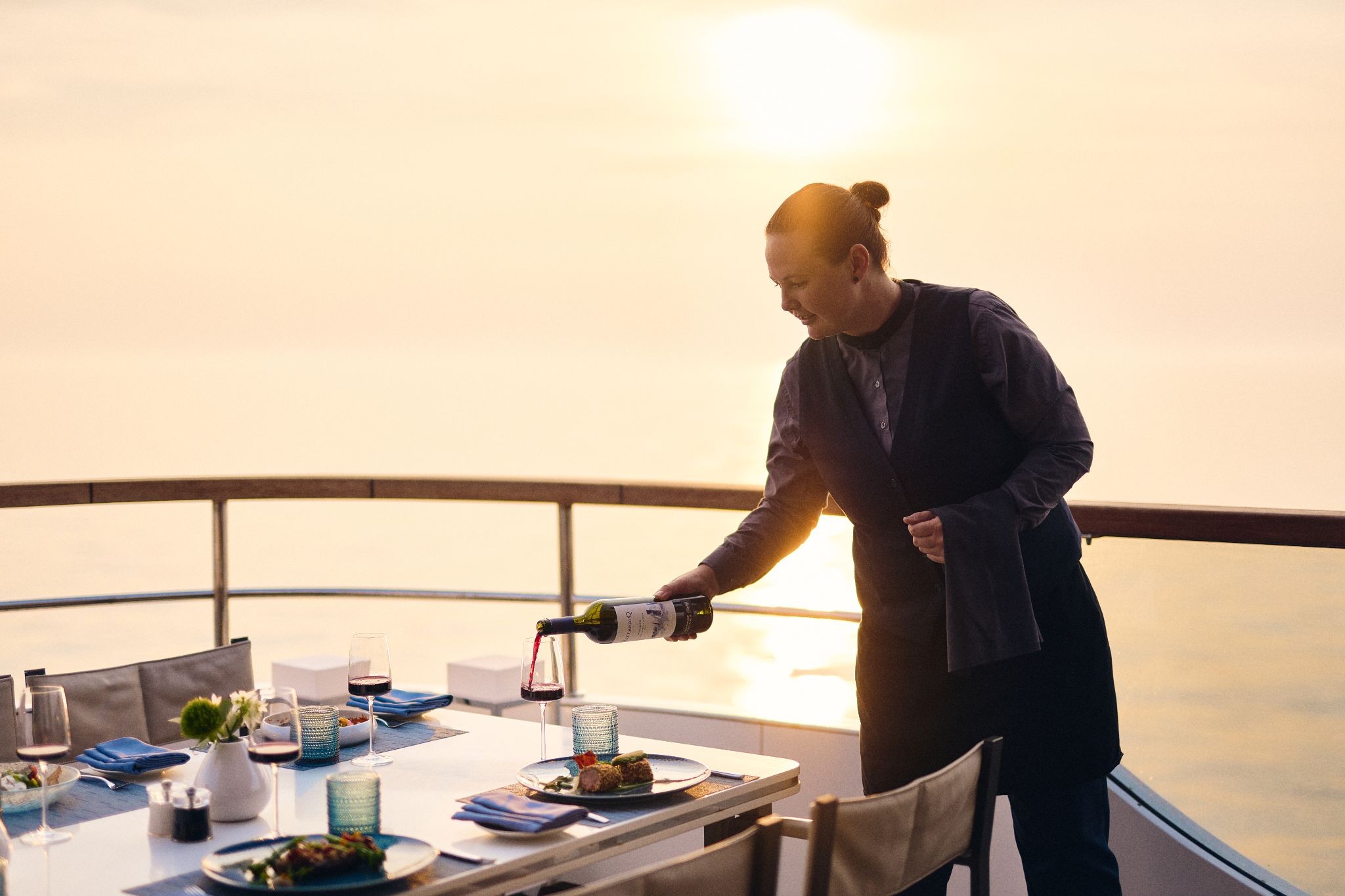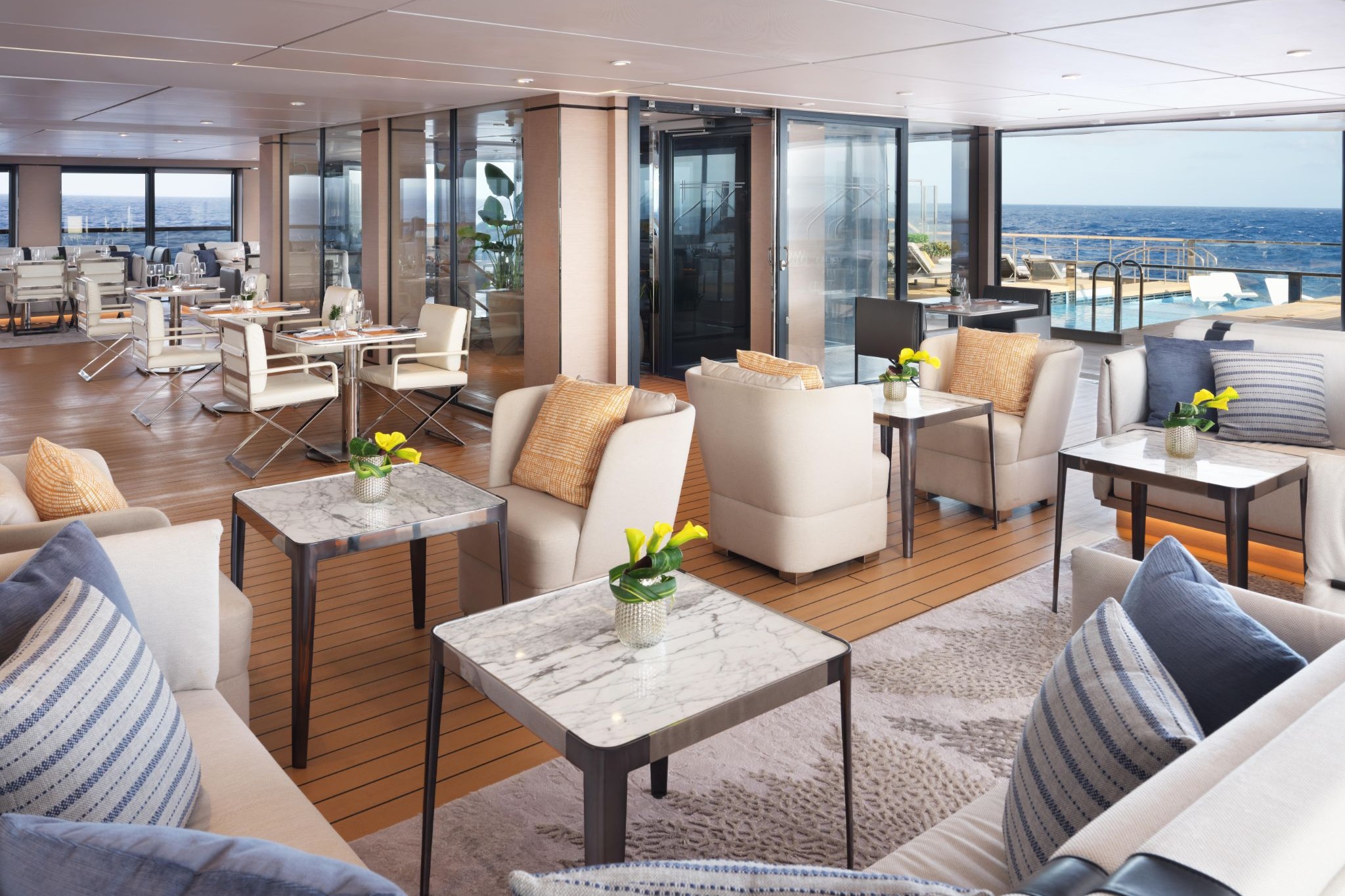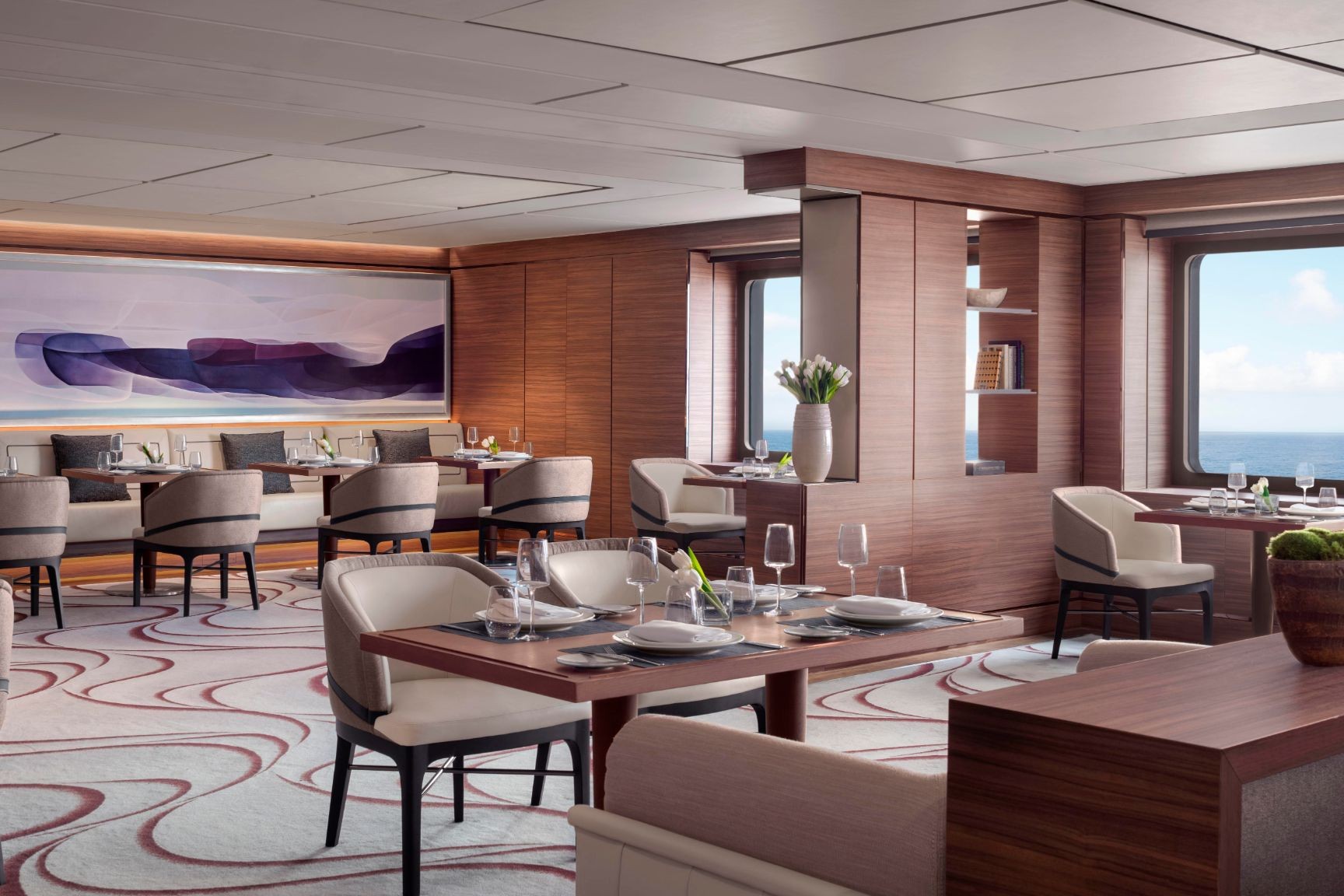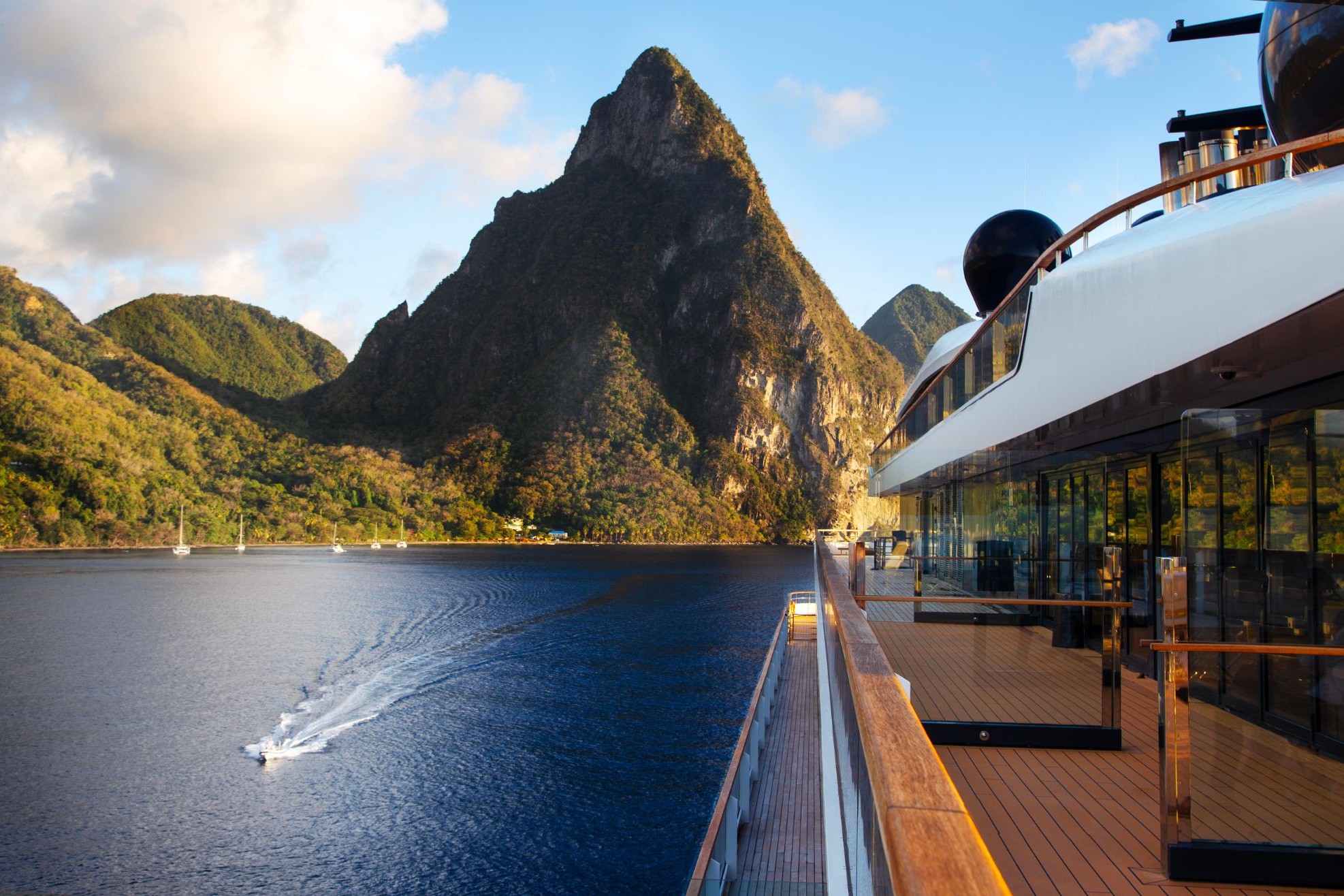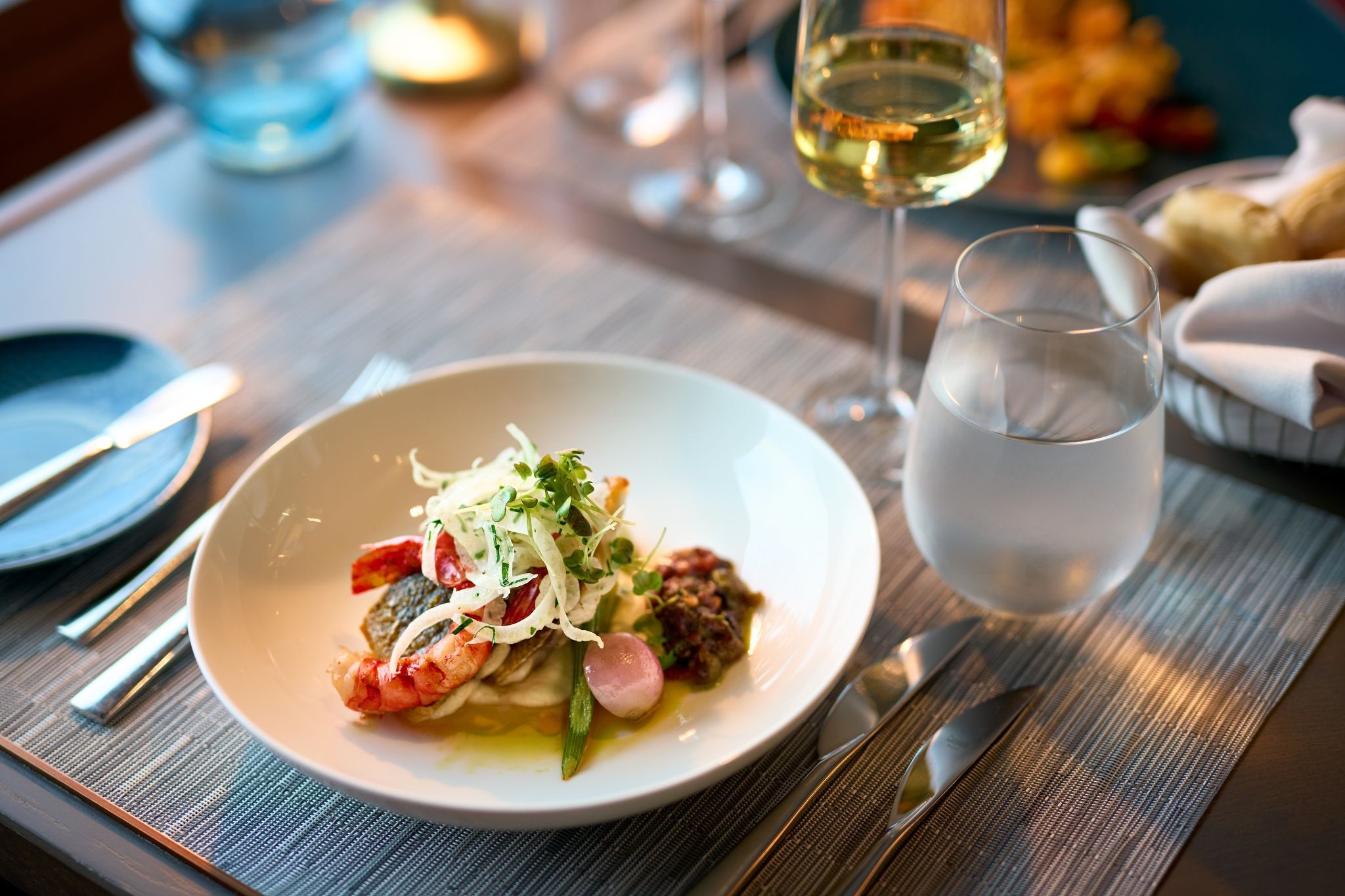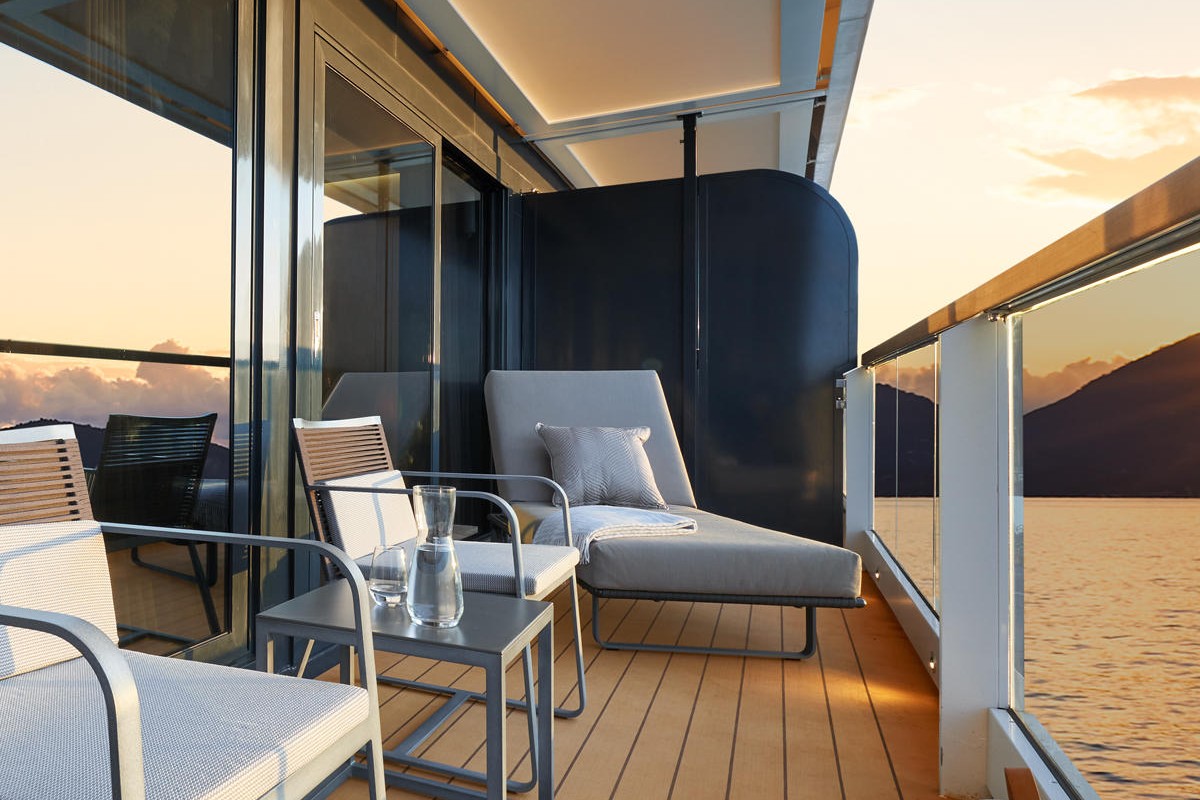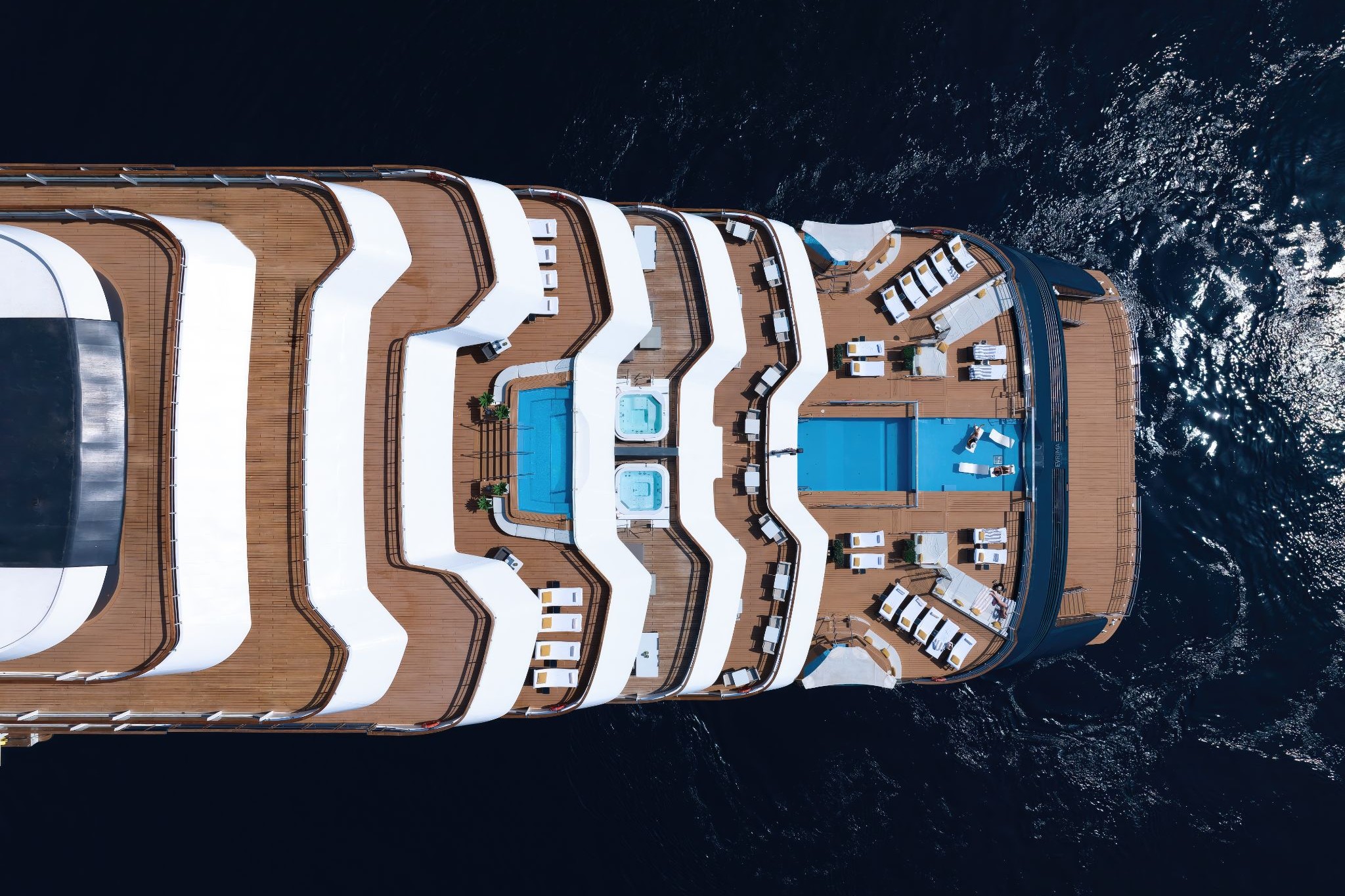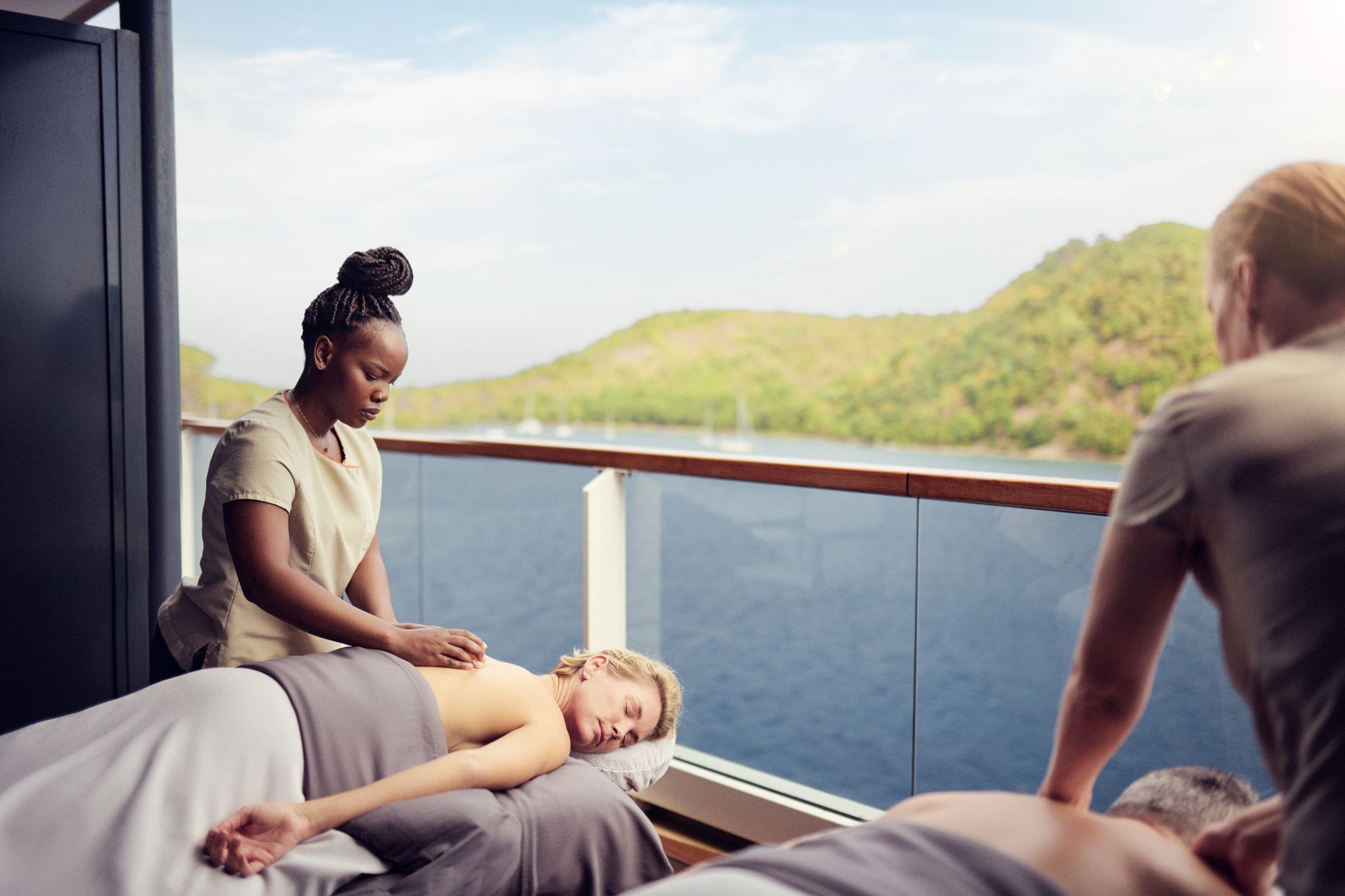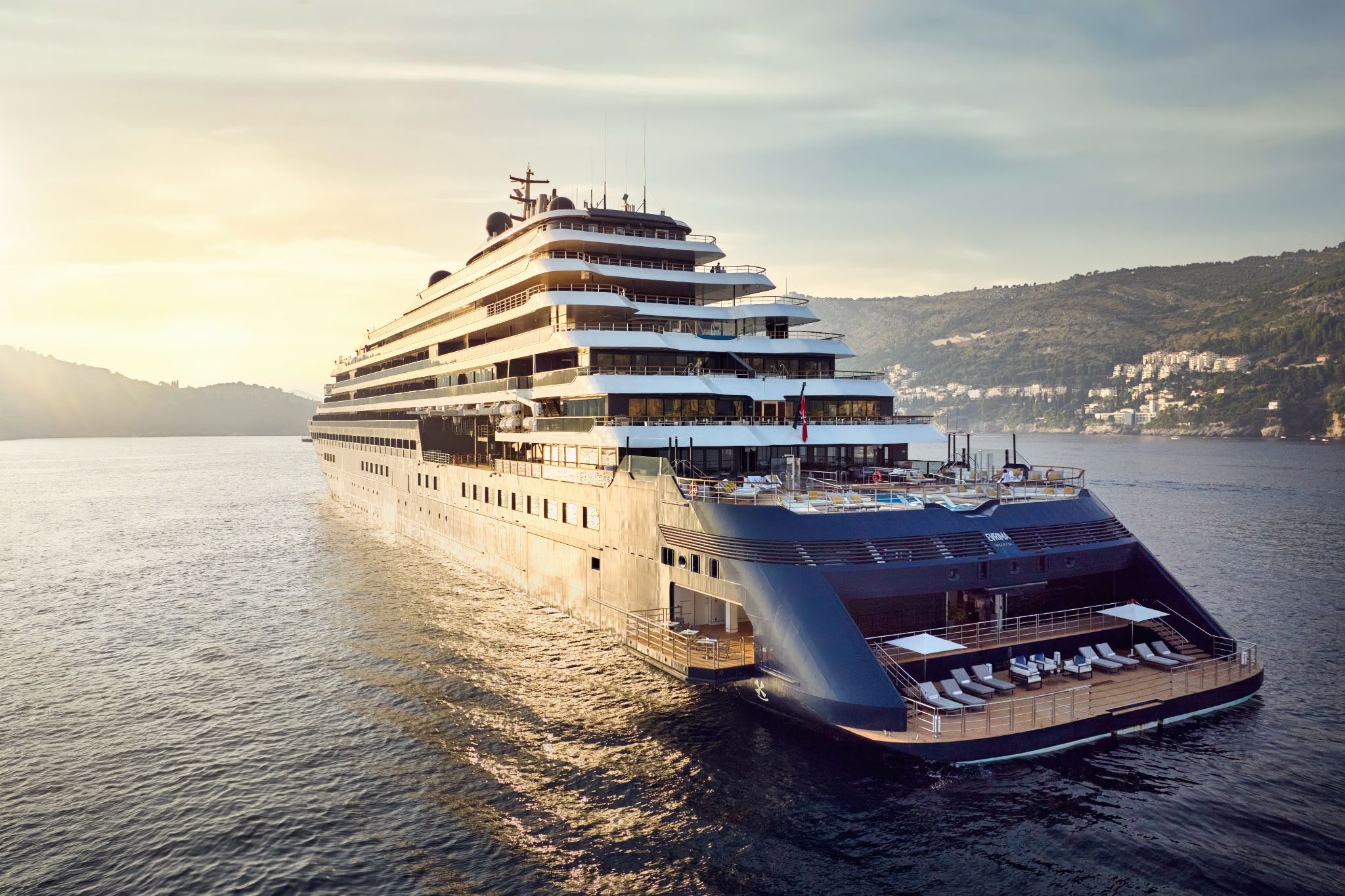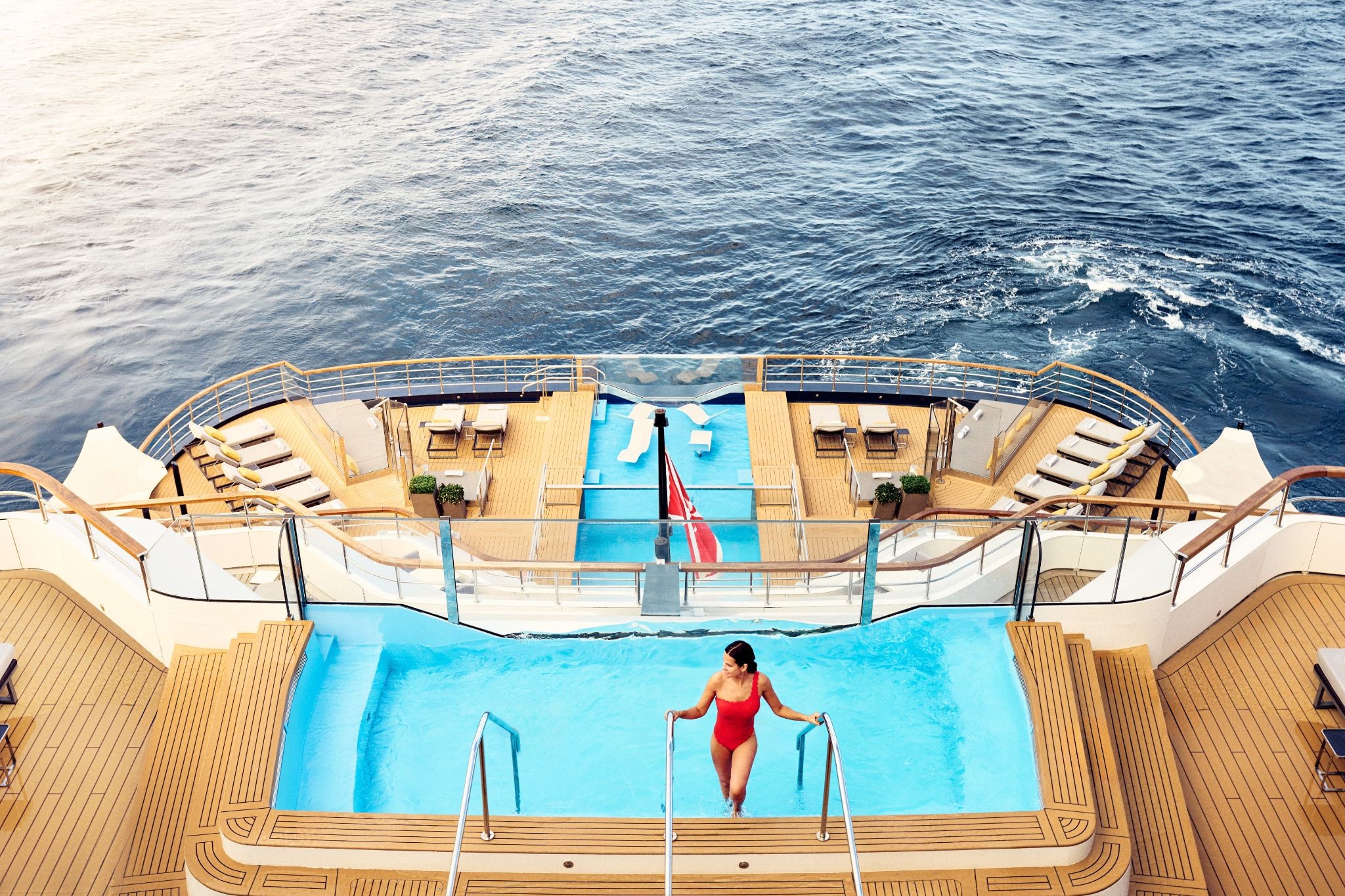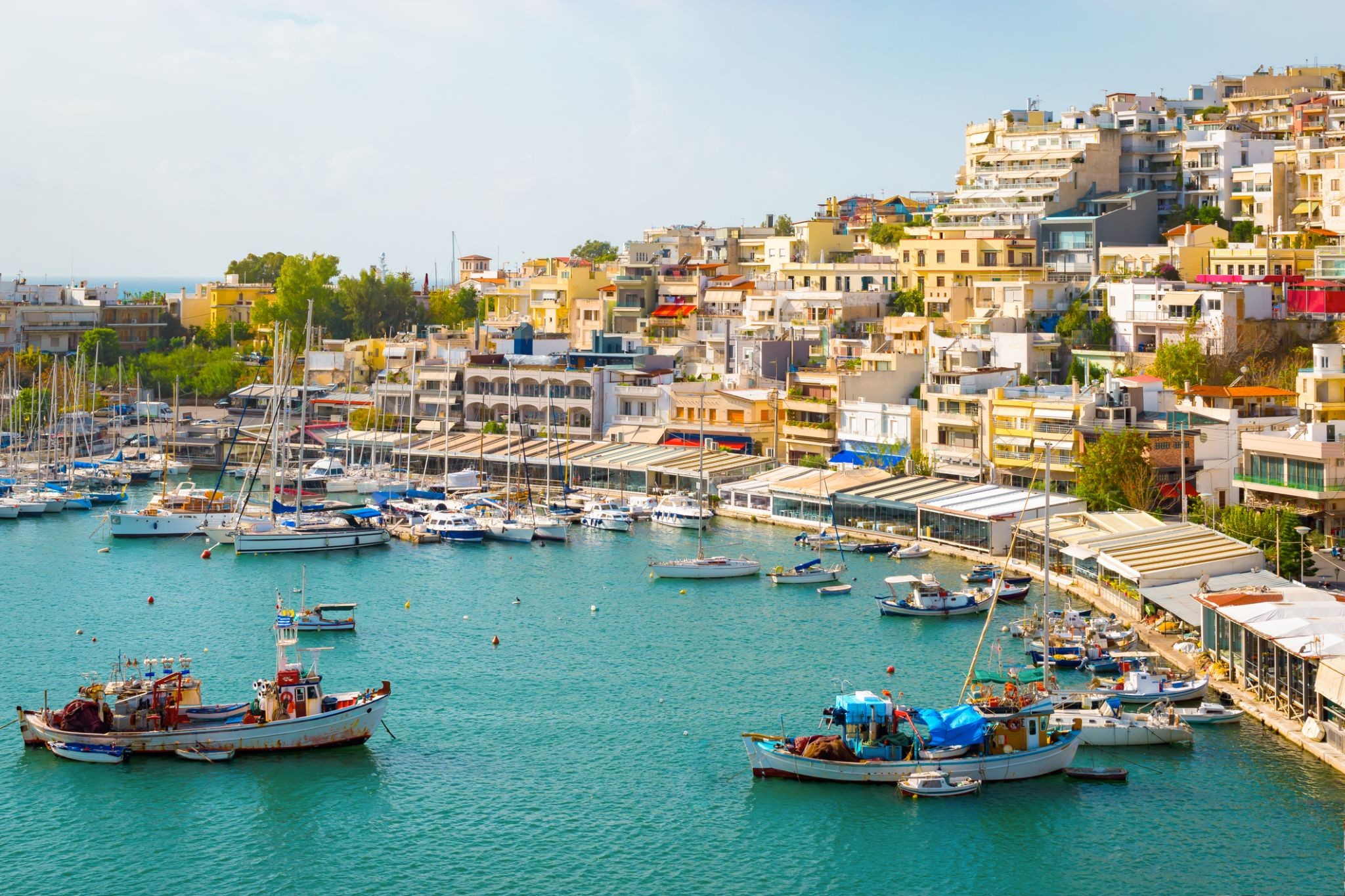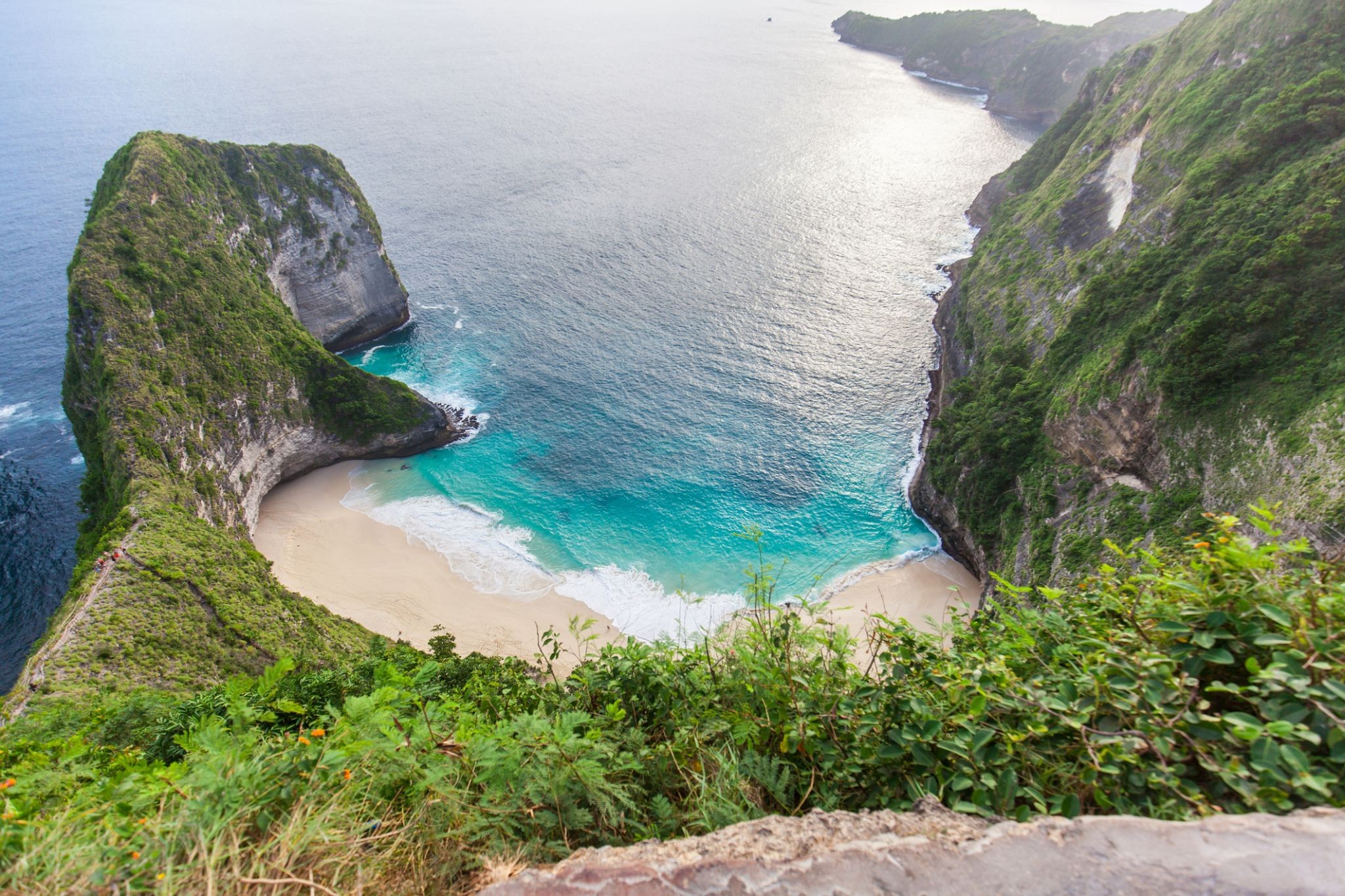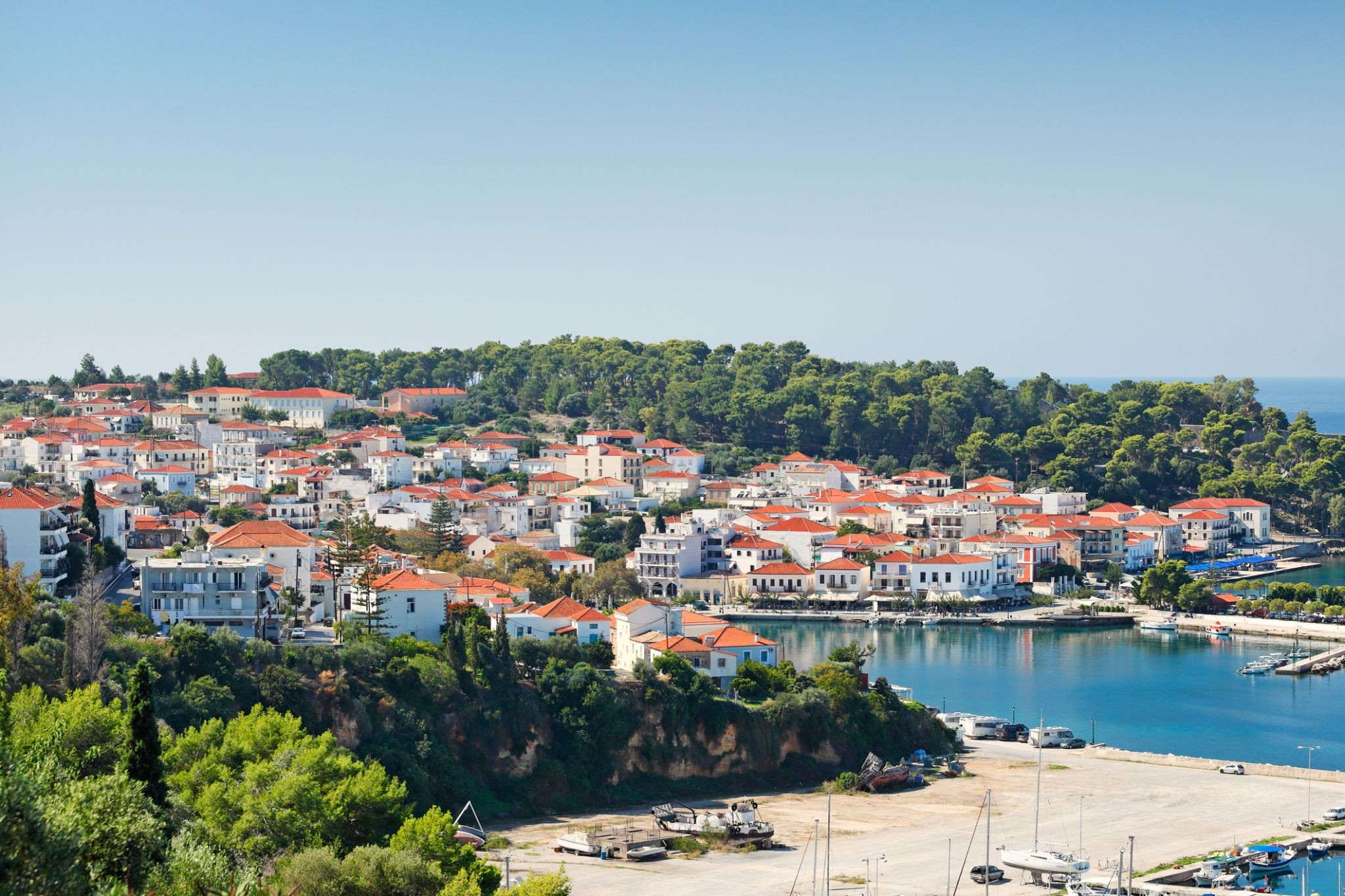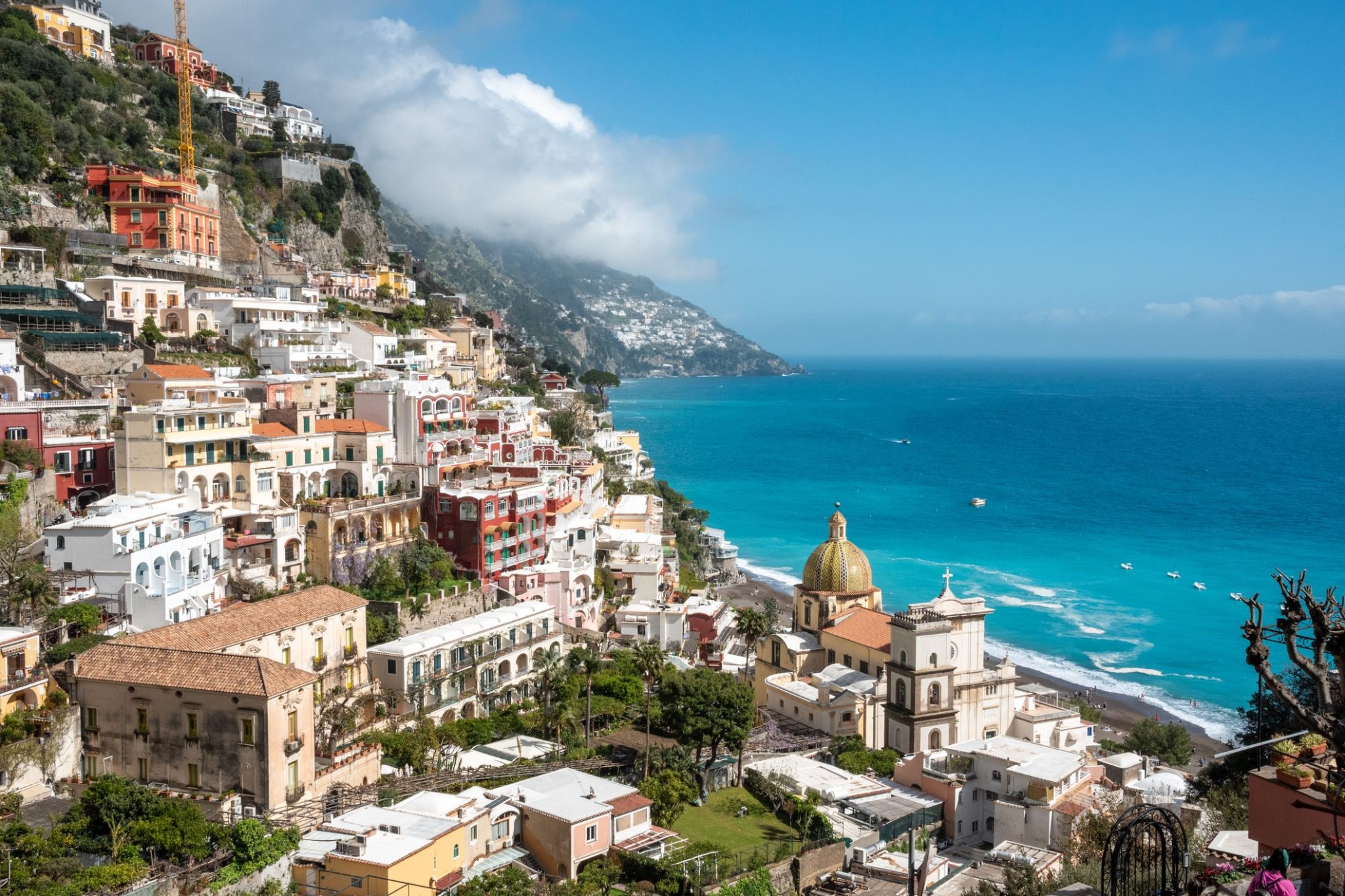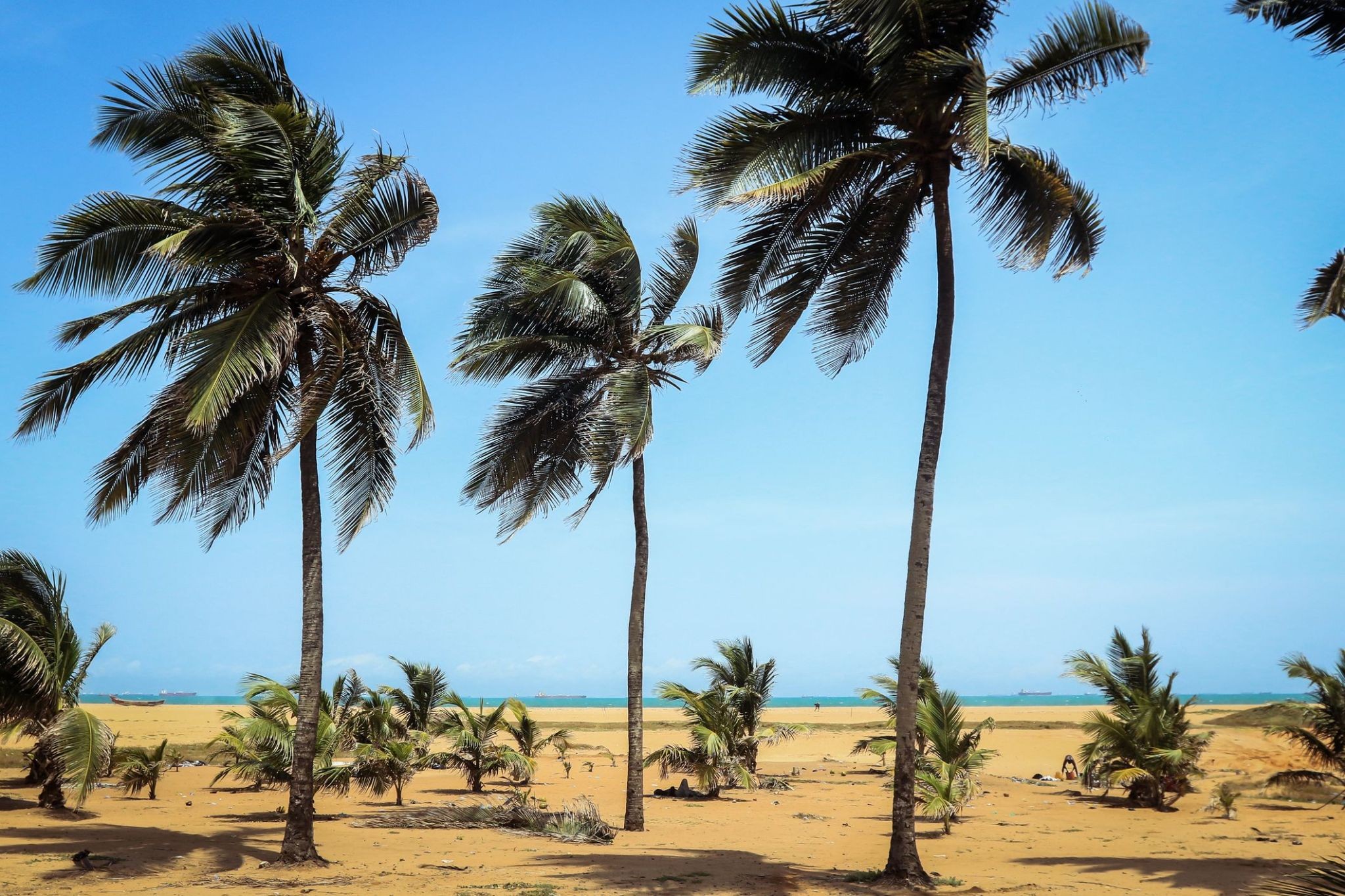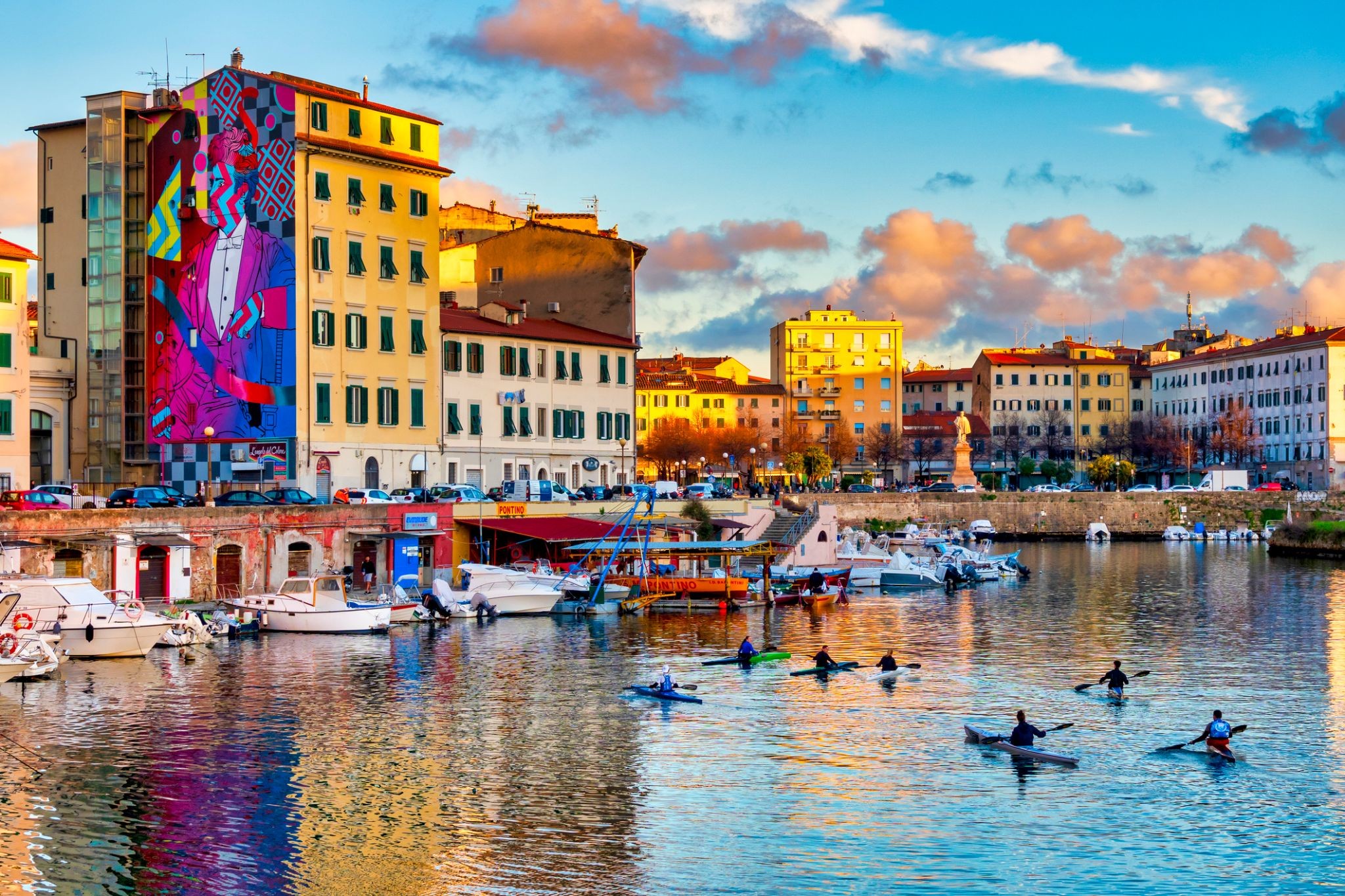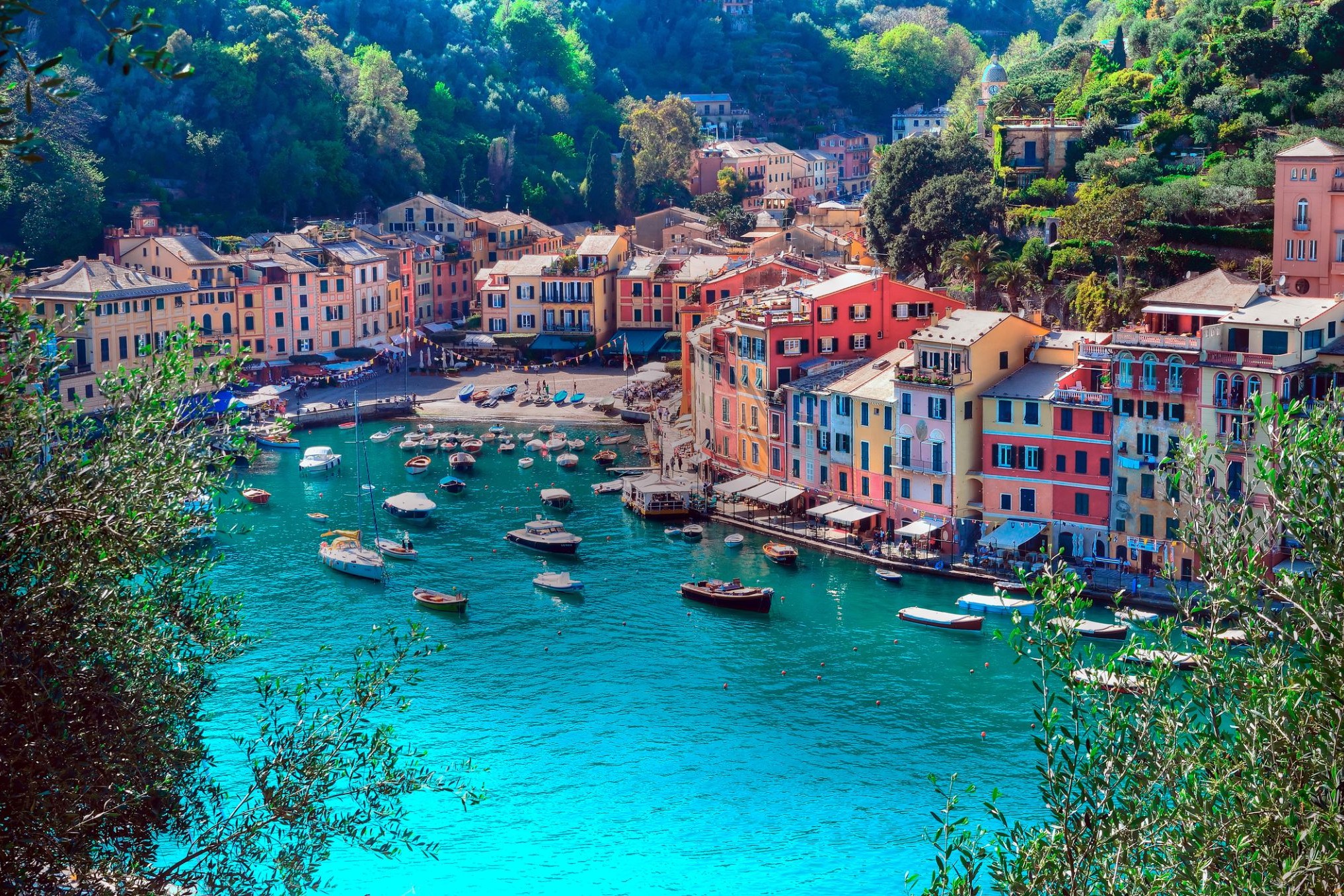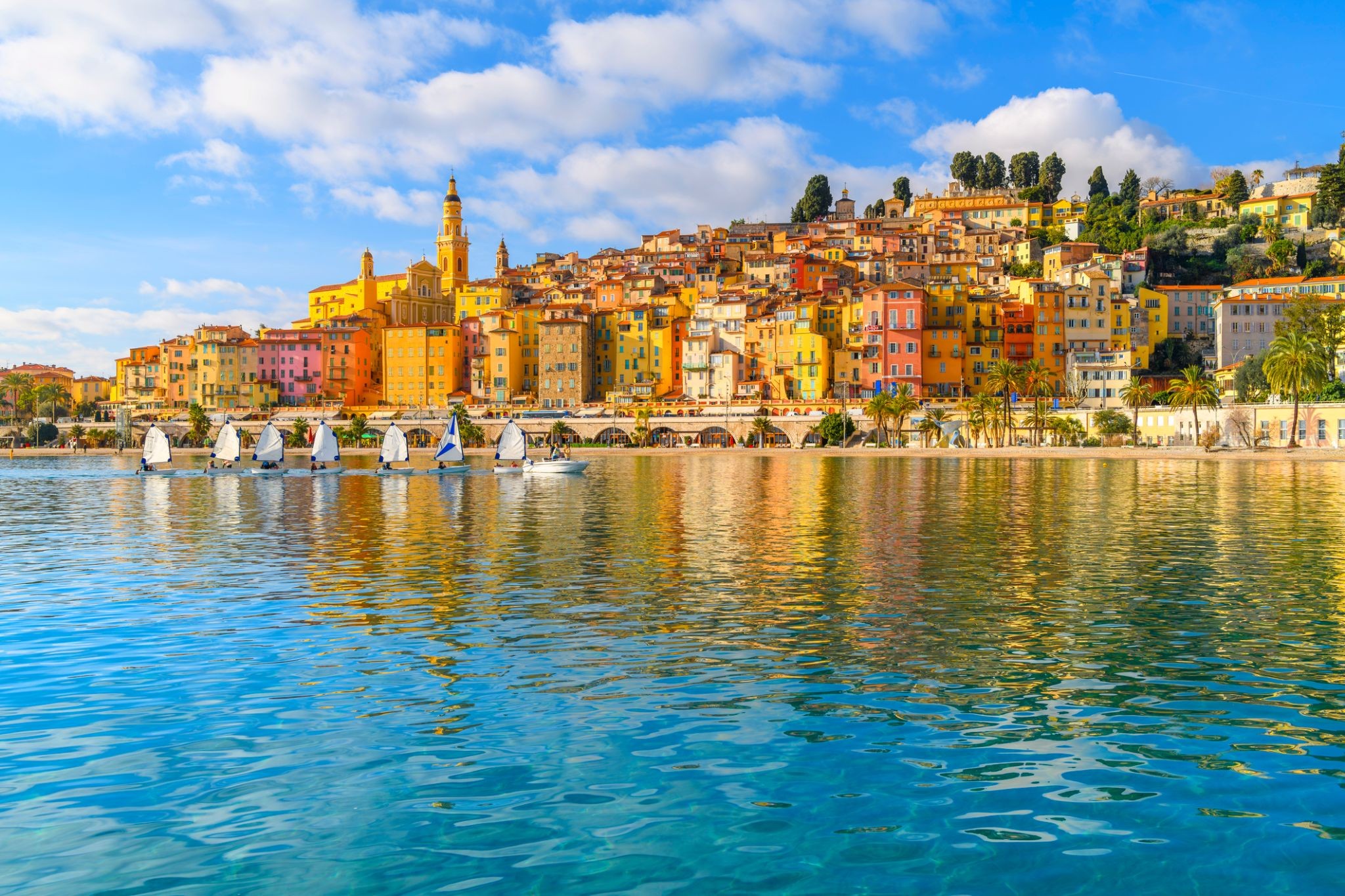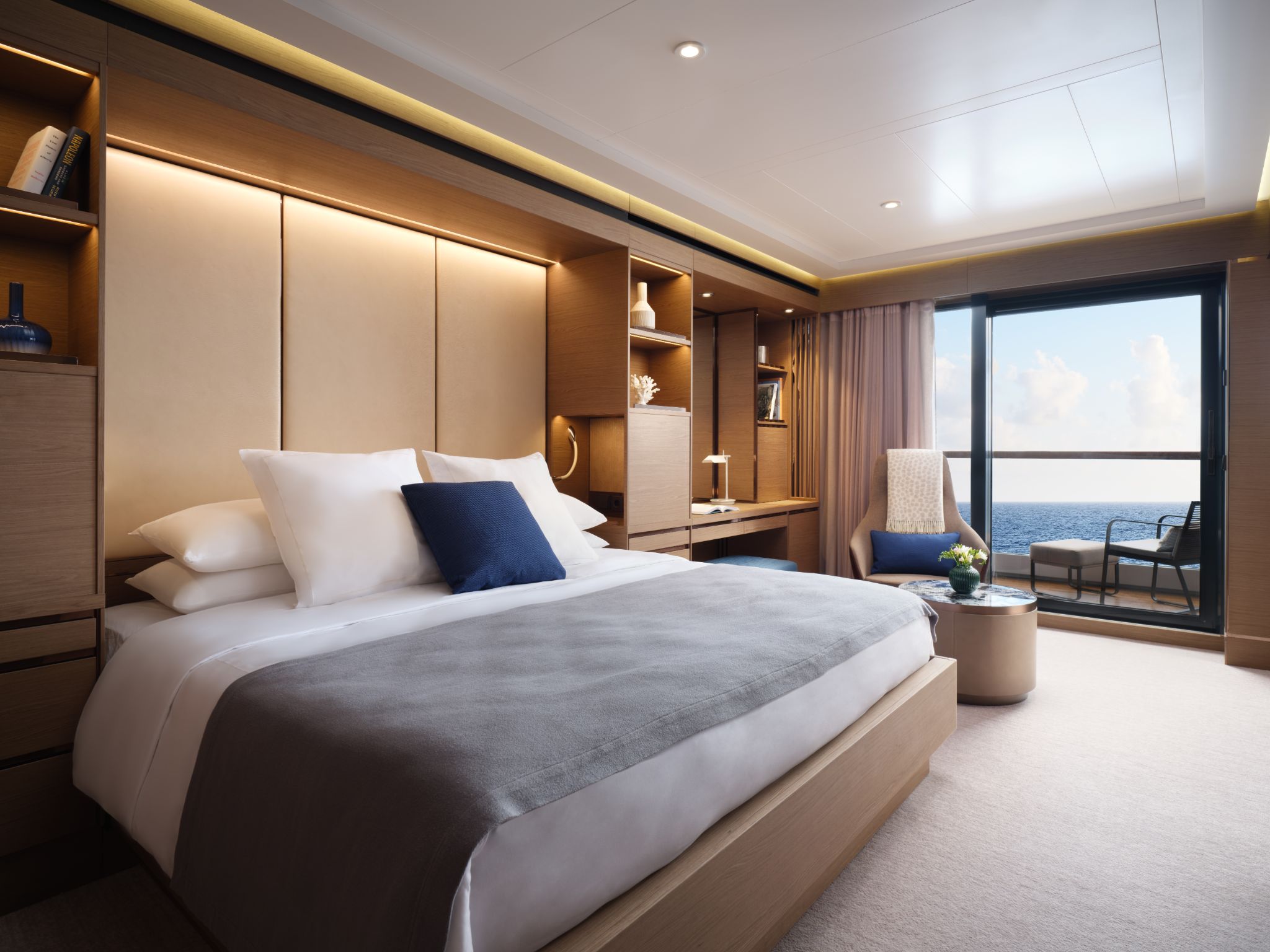
Cruise: 30,883,372
8 nights from Athens (Piraeus)
| Cruise Region : Mediterranean Sea, Europe |
| Company : The Ritz-Carlton Yacht Collection |
| Ship : EVRIMA |
| Journey Start : Sun 31 Aug 2025 |
| Journey End : Mon 08 Sep 2025 |
| Count Nights : 8 nights |
Schedule
| Day | Date | Port | Arrival | Departure |
|---|---|---|---|---|
| 1 | 31.08 Sun | Piraeus (Athens) / Greece | 18:00 | |
| 2 | 1.09 Mon | Manta rays / Ecuador | 08:00 | 18:00 |
| 3 | 2.09 Tue | Pylos / Greece | 08:00 | 18:00 |
| 4 | 3.09 Wed | Day at sea / Sea | ||
| 5 | 4.09 Thu | Sorrento, Capri / Italy | 08:00 | 17:00 |
| 6 | 5.09 Fri | Lome / Togo | 07:00 | 20:00 |
| 7 | 6.09 Sat | Livorno / Italy | 08:00 | 23:00 |
| 8 | 7.09 Sun | Portofino / Italy | 08:00 | 19:00 |
| 9 | 8.09 Mon | Nice / France | 07:00 |
THE RITZ-CARLTON YACHT COLLECTION ALL-INCLUSIVE EXPERIENCE
Whether yachting through mesmerizing waters in a luxury Northern Europe and Baltic cruise, relaxing in the warm waters of the Caribbean through a luxury Caribbean cruise, or taking a crossing voyage, amenities should be your last worry while voyaging with The Ritz-Carlton Yacht Collection. All guests aboard our bespoke yacht collection can enjoy a variety of world-class features as part of their all-inclusive cruise fare, regardless of suite type or voyage duration.
YOUR ALL-INCLUSIVE FARE INCLUDES:
• Oceanview accommodations, each with private terrace overlooking the ocean
• Onboard gratuities
• Multiple dining venues
• 24-hour in-suite dining
• Beverages in-suite and throughout the yacht
• Onboard entertainment and enrichment
• Premium Wi-Fi, supporting browsing, social media, streaming services, video calls and VPN services.
• Marina-style platform with access to non-motorized watersports while at anchor
CRUISE CANCELLATIONS:
Cruise cancellation requests received within 150 days of the Sailing Date will be subject to the following cancellation fees:
150 to 121 days prior to Sailing Date a cancellation fee equal to 25% of the Cruise Fare
120 to 91 days prior to Sailing Date a cancellation fee equal to 50% of the Cruise Fare
90 to 61 days prior to Sailing Date a cancellation fee equal to 75% of the Cruise Fare
60 or less prior to Sailing Date a cancellation fee equal to 100% of the Cruise Fare
-
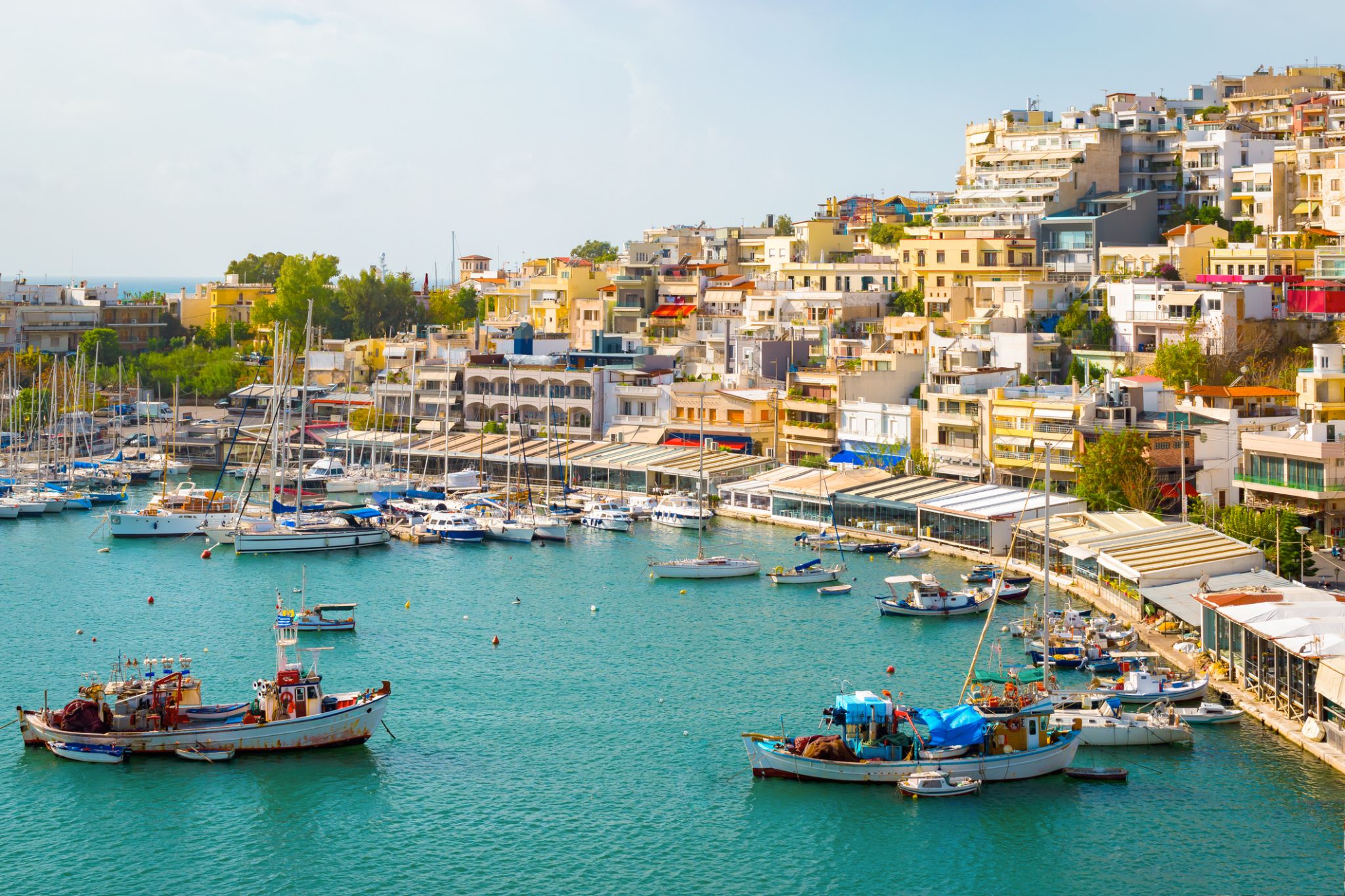 Day 1: 18:00
Day 1: 18:00Piraeus (Athens) / Greece
Piraeus is the gateway to Athens , which, in turn, is rightfully considered the center of the centers of the whole world, with the main attraction - the acropolis. Piraeus is an old port city serving the port of Athens, the largest port in Greece to date. Piraeus is part of the great Athens, which boasts an abundance of attractions, including unique monuments of national fine art. More than two hundred museums and galleries, including the University History Museum, the Ceramics Archaeological Museum and many others, will hospitably welcome you within their walls and familiarize themselves with the culture of this area.
-
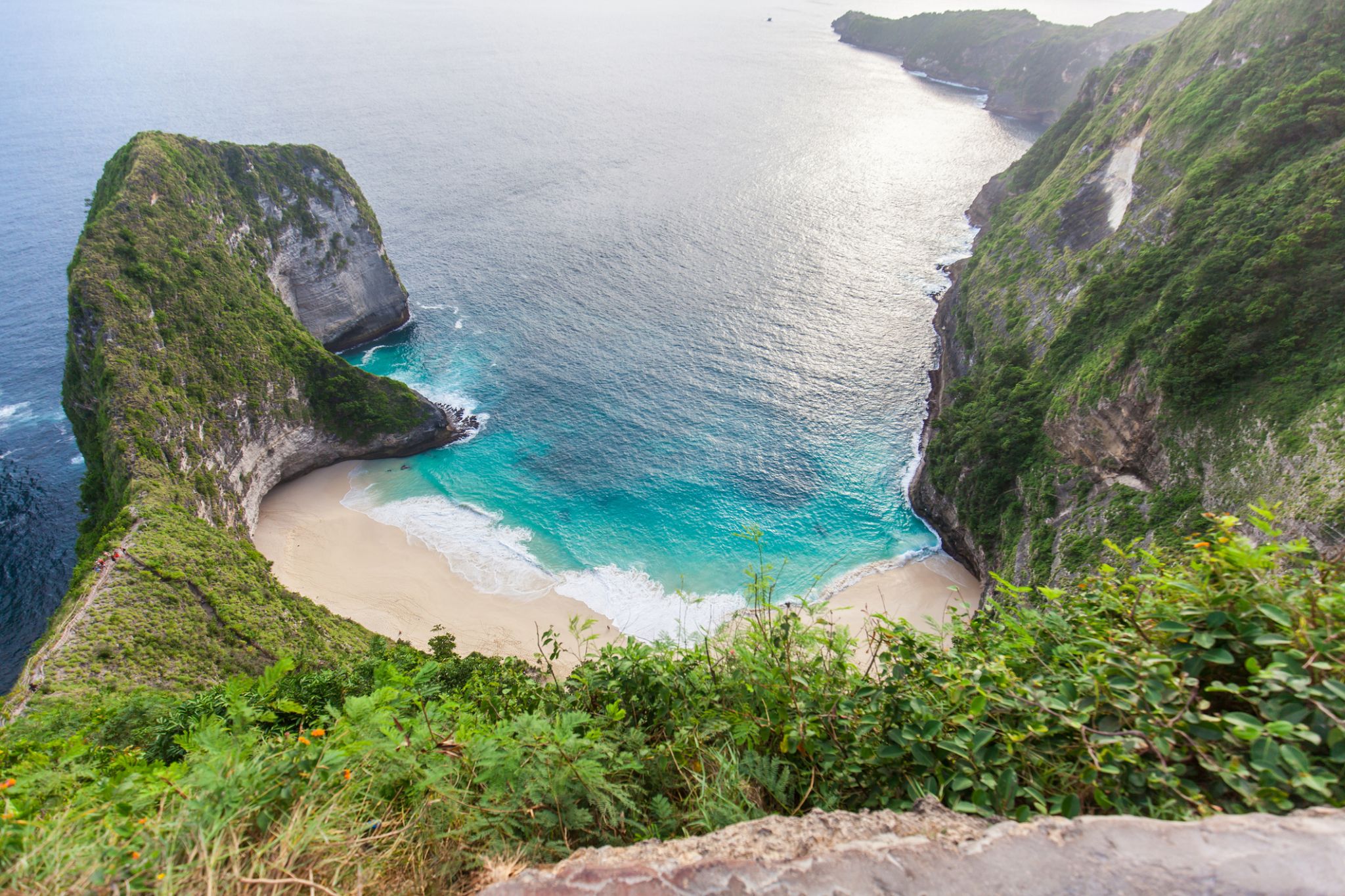 Day 2: 08:00-18:00
Day 2: 08:00-18:00Manta rays / Ecuador
Manta
-
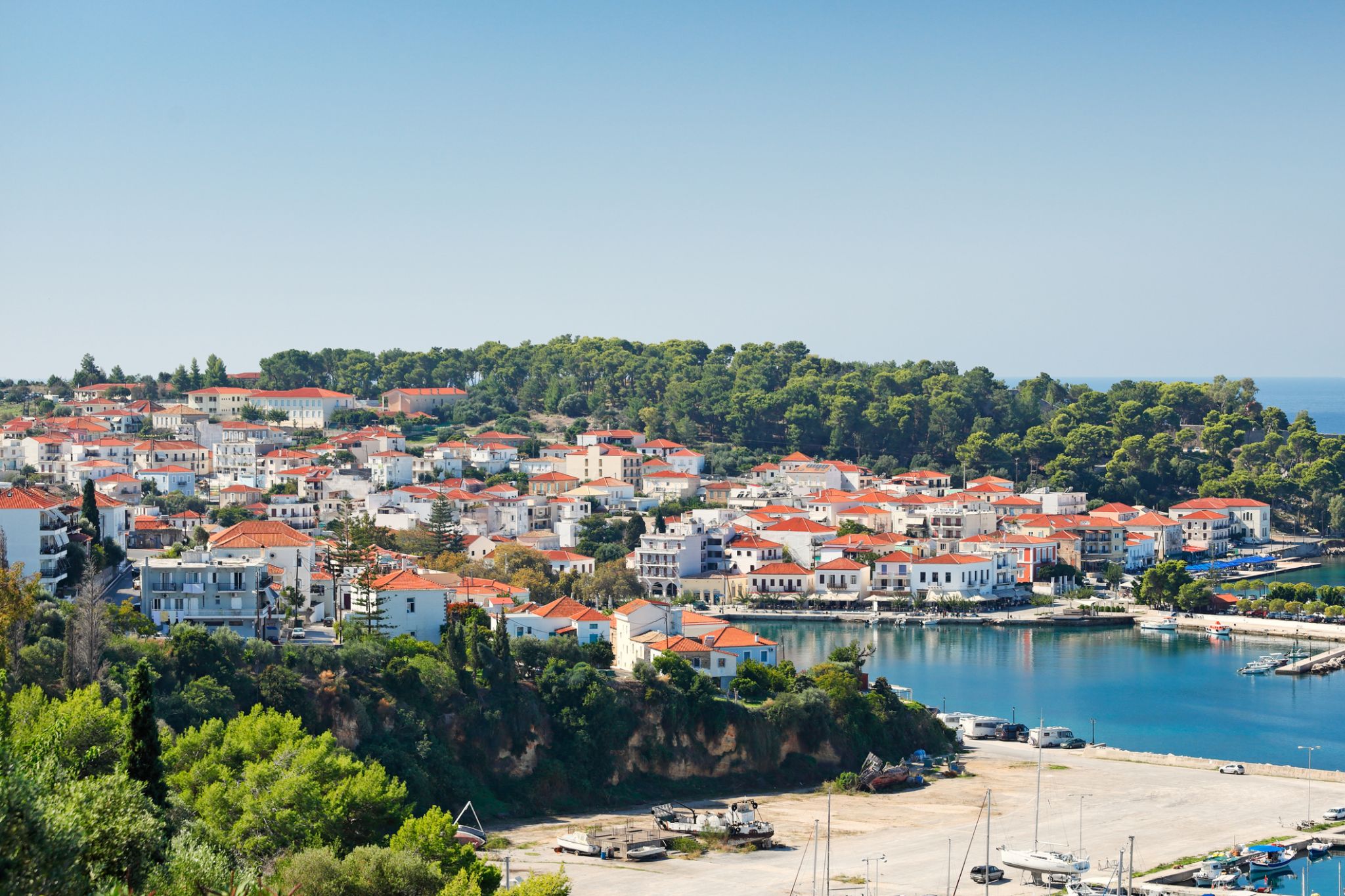 Day 3: 08:00-18:00
Day 3: 08:00-18:00Pylos / Greece
-
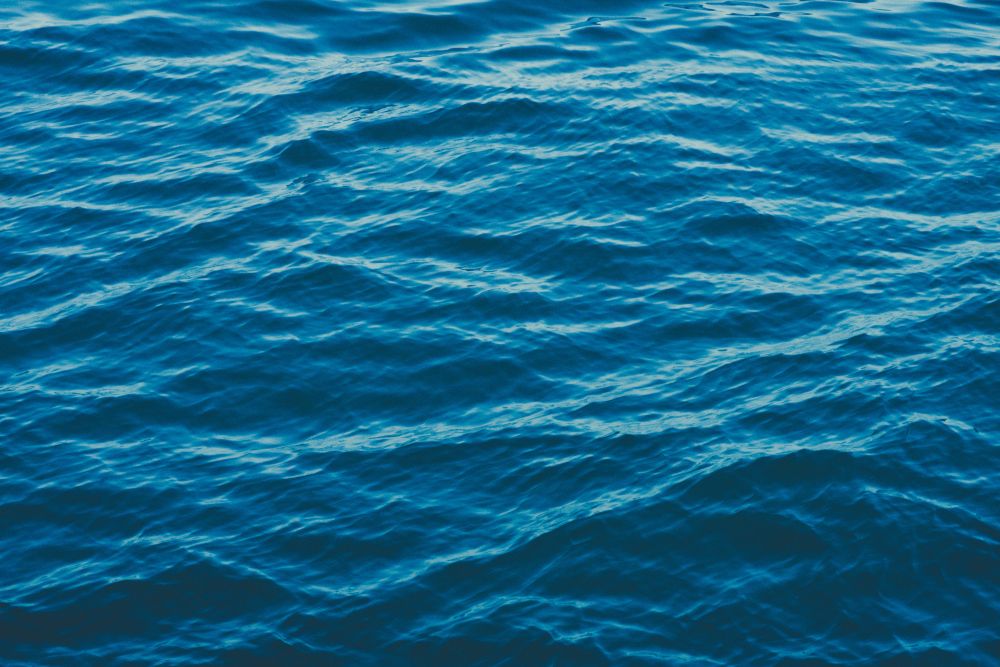 Day 4:
Day 4:Day at sea / Sea
-
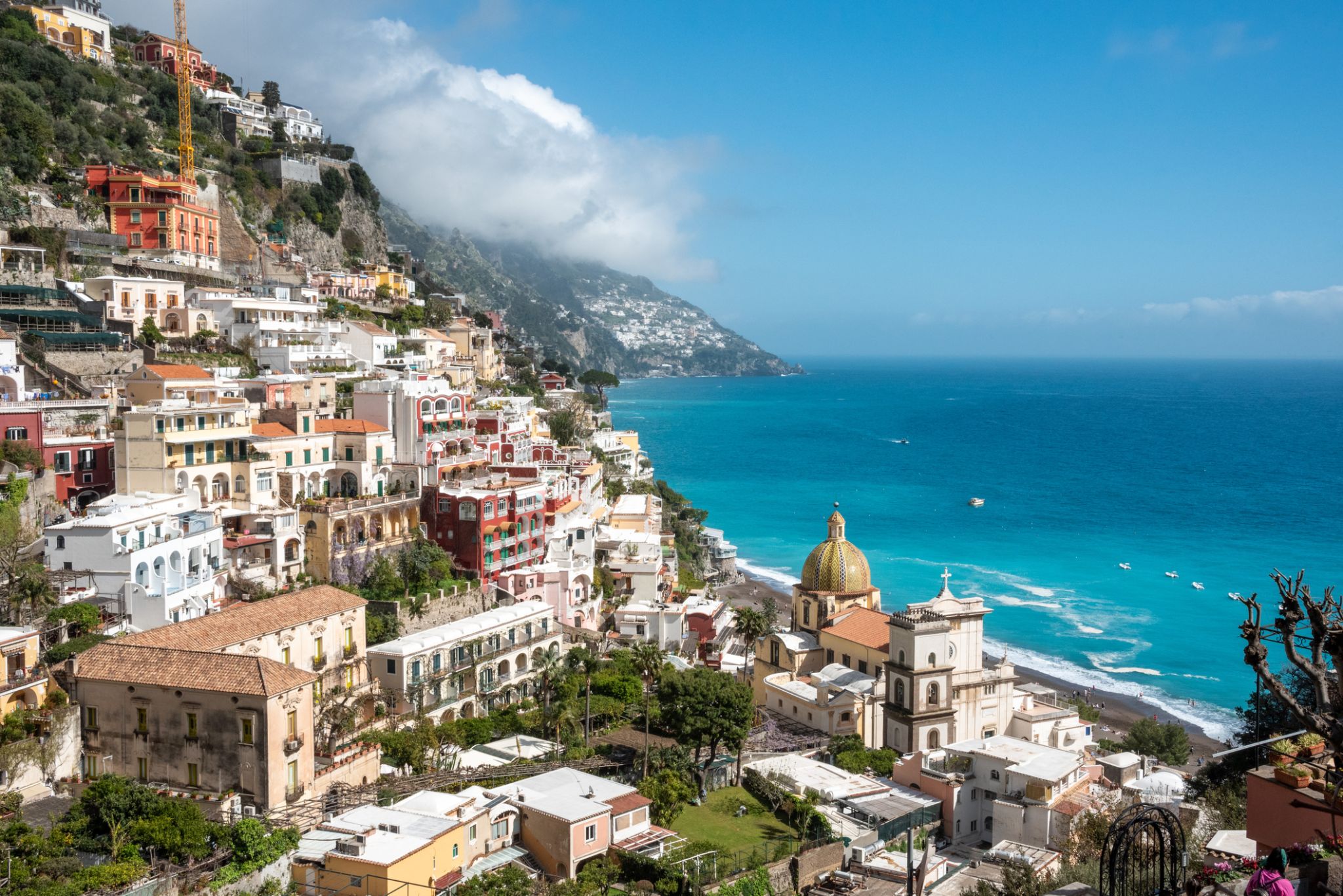 Day 5: 08:00-17:00
Day 5: 08:00-17:00Sorrento, Capri / Italy
Sorrento is a town overlooking the Bay of Naples in Southern Italy. A popular tourist destination due to its variety of small antique shops and location on the Amalfi Coast, it can be reached easily from Naples and Pompeii as it is at the south-eastern end of the Circumvesuviana rail line. The town is most commonly known for its small shops selling an arrangement of ceramics, lacework and marquetry (woodwork).
The Sorrentine Peninsula has views of Naples, Vesuvius and the Isle of Capri. The Amalfi Drive, connecting Sorrento and Amalfi, is a narrow road that threads along the high cliffs above the Tyrrhenian Sea.
Ferries and hydrofoils connect the town to Naples, Amalfi, Positano, Capri and Ischia. Sorrento's sea cliffs and luxury hotels have attracted celebrities including Enrico Caruso and Luciano Pavarotti.
Limoncello, a digestif made from lemon rinds, alcohol, water and sugar, is produced in Sorrento. Other agricultural production includes citrus fruit, wine, nuts and olives.
-
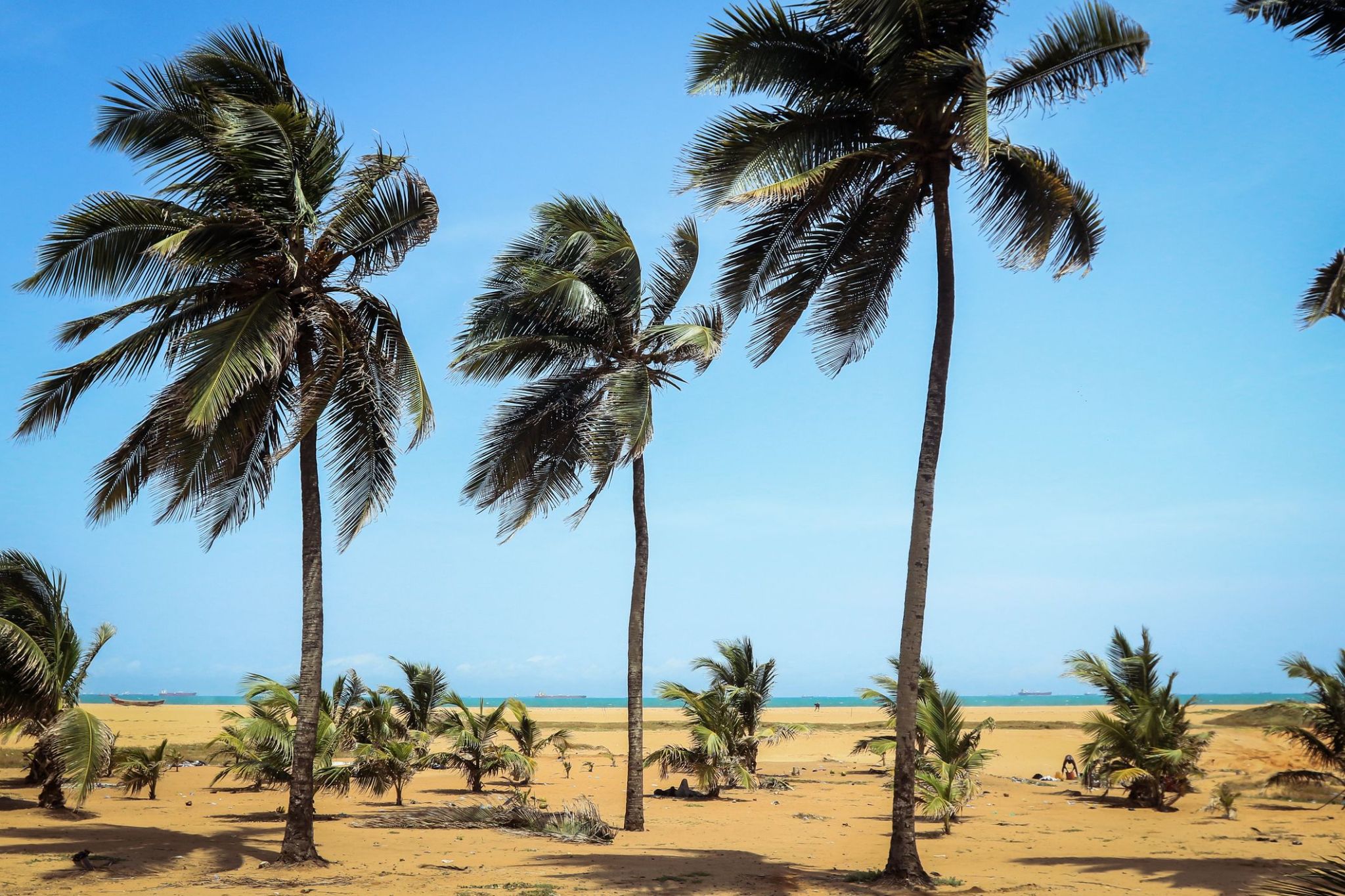 Day 6: 07:00-20:00
Day 6: 07:00-20:00Lome / Togo
Lomé is the capital and largest city of Togo. It has an urban population of 837,437[1] while there were 1,570,283 permanent residents in its metropolitan area as of the 2011 census. Located on the Gulf of Guinea, Lomé is the country's administrative and industrial center, which includes an oil refinery, and its chief port, where it exports coffee, cocoa, copra, and palm kernels.
-
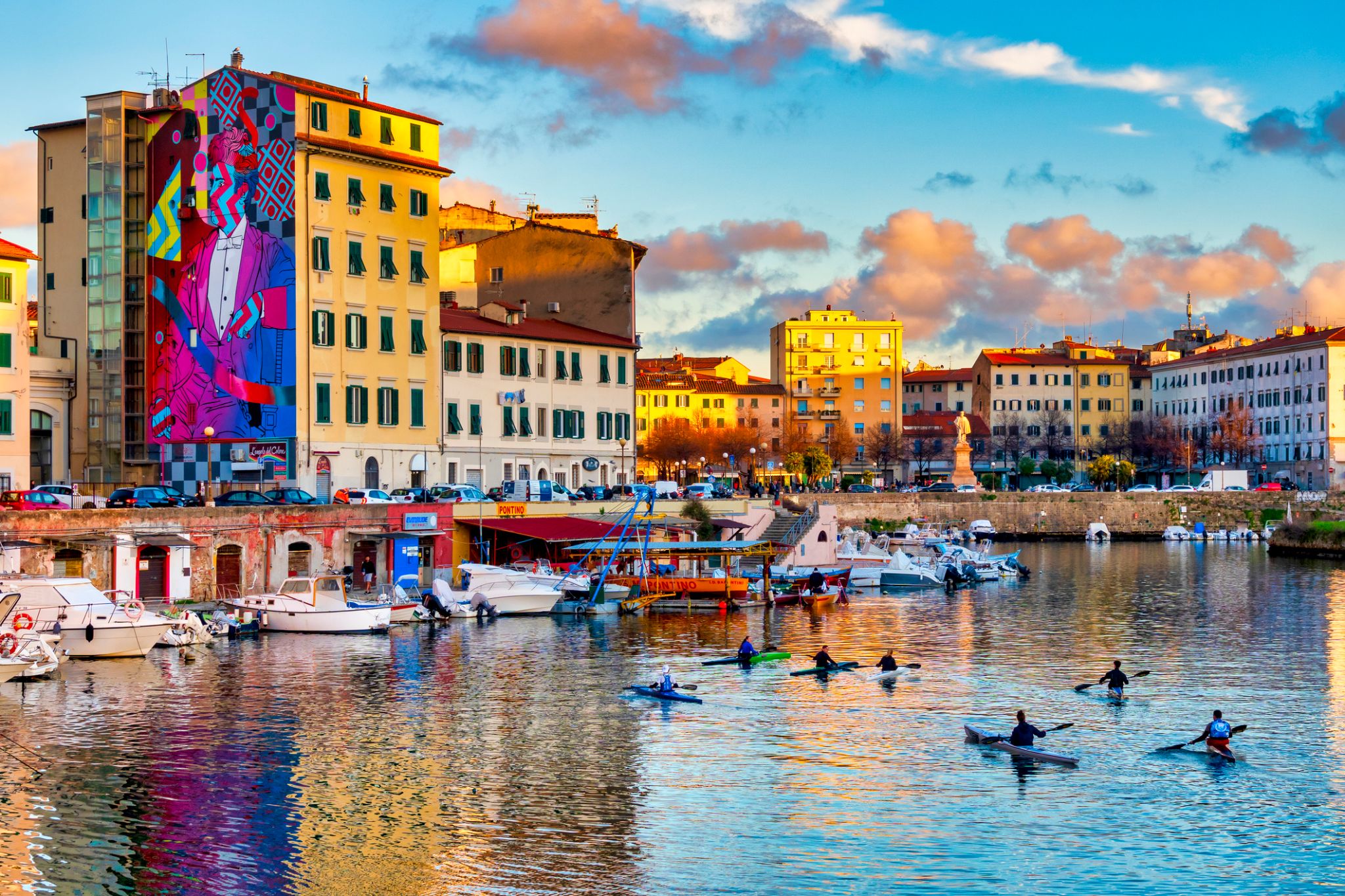 Day 7: 08:00-23:00
Day 7: 08:00-23:00Livorno / Italy
Livorno is a port city on the Ligurian Sea on the western coast of Tuscany, Italy. It is the capital of the Province of Livorno, having a population of 158,493 residents in December 2017. It has traditionally been known in English as Leghorn.
The origins of Livorno are controversial, although the place was inhabited since the Neolithic Age as shown by worked bones, pieces of copper and ceramic found on the Livorno Hills in a cave between Ardenza and Montenero. The construction of the Via Aurelia coincided with the occupation of the region by the Romans, who left traces of their presence in the toponyms and ruins of towers. The natural cove called Liburna, later transformed into Livorna, before becoming Livorno, is a reference to the type of ship, the liburna, used by Roman navy. Others ancient toponyms include: Salviano (Salvius), Antignano (Ante ignem) which was the place situated before Ardenza (Ardentia) where were the beacons for the ships directed to Porto Pisano.
The name Livorna is mentioned for the first time in 1017 as a small coastal village, the port and the remains of a Roman tower. In 1077, a tower was built by Matilda of Tuscany. The Republic of Pisa owned Livorno from 1103 and built a quadrangular Fort called Quadratura dei Pisani ("Quarter of the Pisans") to defend the port. Porto Pisano was destroyed after the crushing defeat of the Pisan fleet in the Battle of Meloria in 1284. In 1399, Pisa sold Livorno to the Visconti of Milan, in 1405 it was sold to the Republic of Genoa and on 28 August 1421 it was bought by the Republic of Florence.
Between 1427 and 1429, a census counted 118 families in Livorno, including 423 persons. Monks, Jews, military personnel, and the homeless were not included in the census. The only remainder of medieval Livorno is a fragment of two towers and a wall, located inside the Fortezza Vecchia.
-
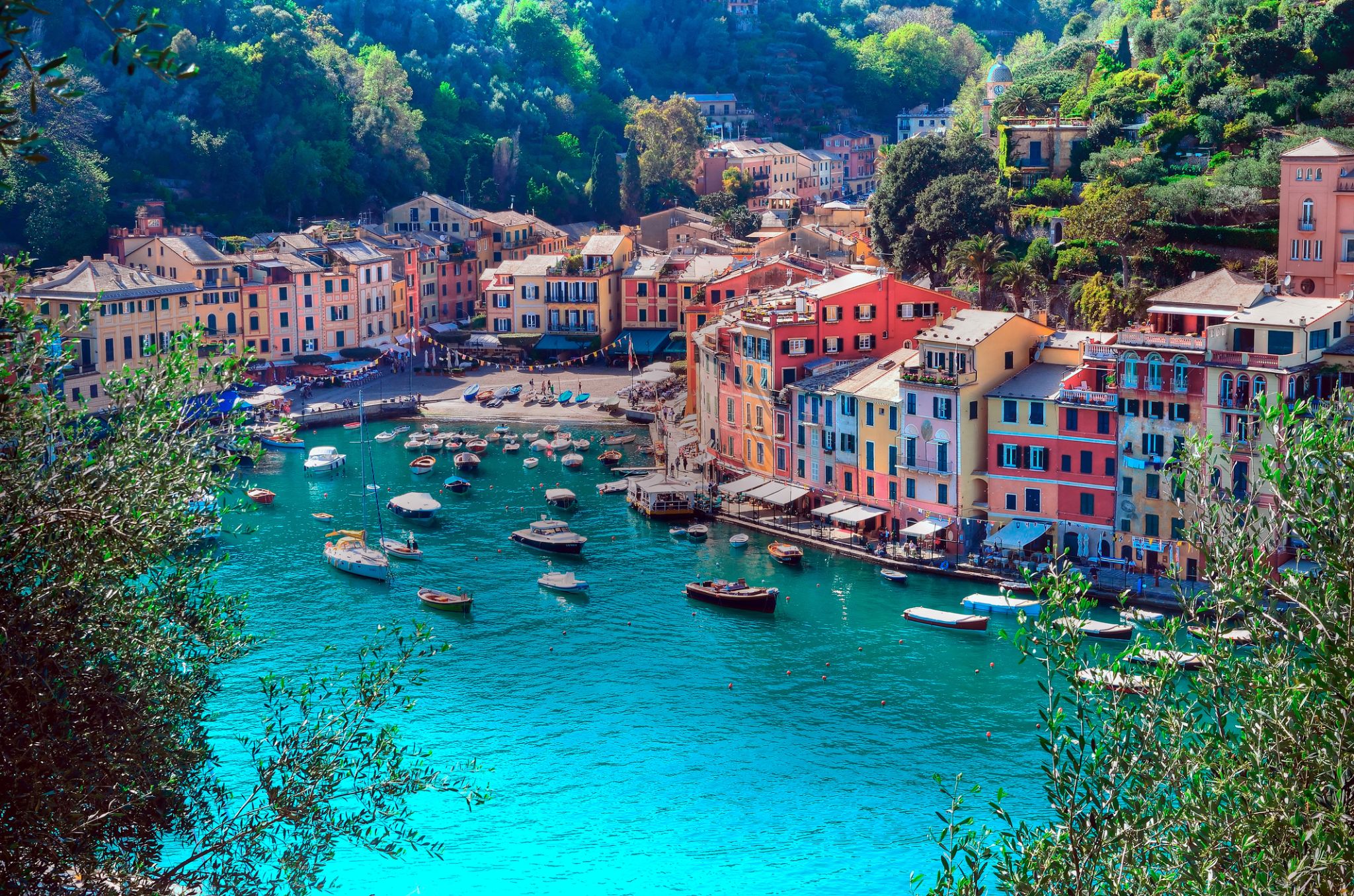 Day 8: 08:00-19:00
Day 8: 08:00-19:00Portofino / Italy
Portofino is an Italian fishing village and holiday resort famous for its picturesque harbour and historical association with celebrity and artistic visitors. It is a comunelocated in the Metropolitan City of Genoa on the Italian Riviera. The town is clustered around its small harbour, and is known for the colourfully painted buildings that line the shore.
-
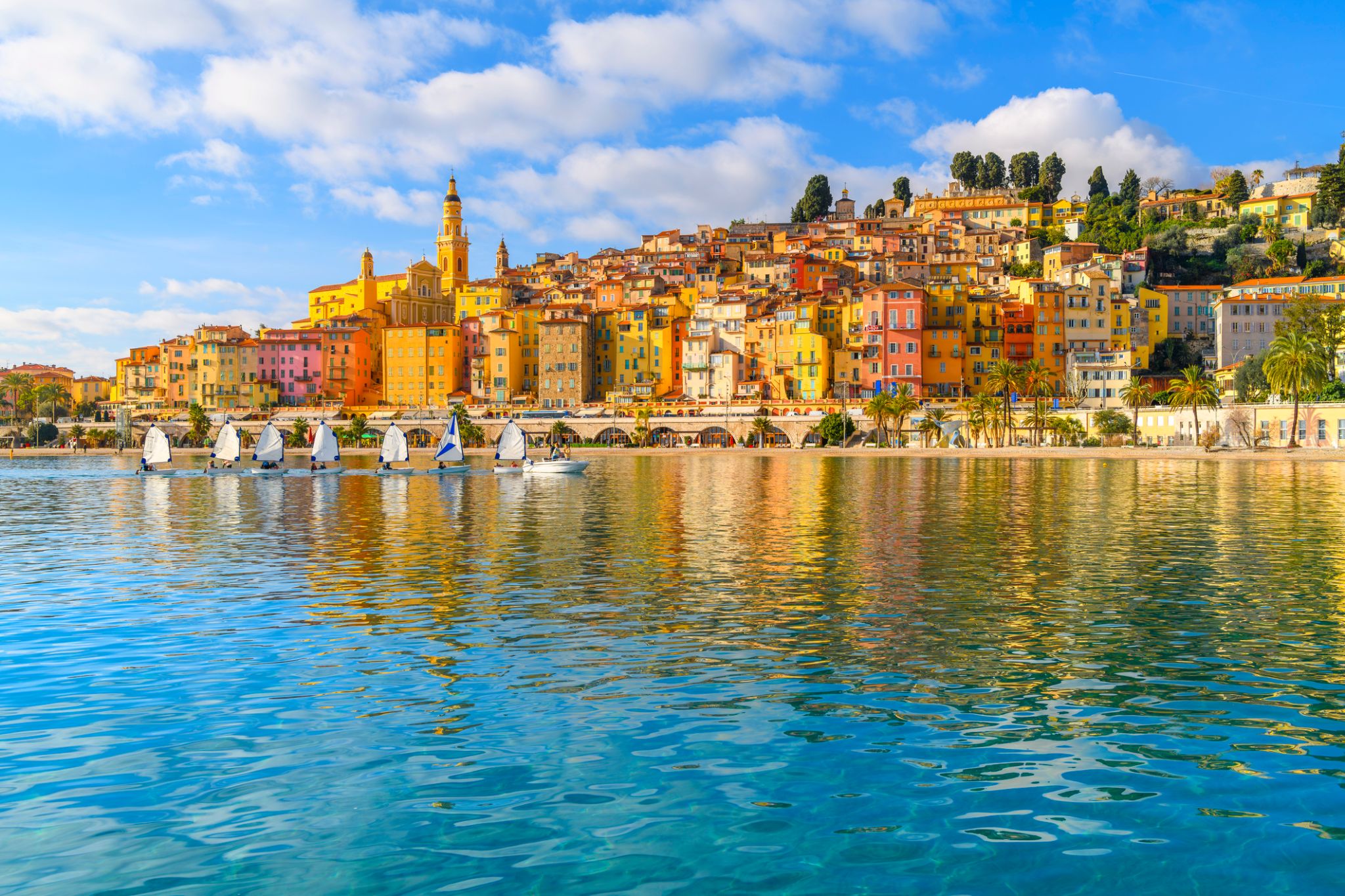 Day 9: 07:00
Day 9: 07:00Nice / France
Nice is the seventh most populous urban area in France and the capital of the Alpes-Maritimes département. The metropolitan area of Nice extends beyond the administrative city limits, with a population of about 1 million on an area of 721 km2 (278 sq mi). Located in the French Riviera, on the south east coast of France on the Mediterranean Sea, at the foot of the Alps, Nice is the second-largest French city on the Mediterranean coast and the second-largest city in the Provence-Alpes-Côte d'Azur region after Marseille. Nice is approximately 13 kilometres (8.1 mi) from the principality of Monaco and 30 kilometres (19 mi) from the French-Italian border. Nice's airport serves as a gateway to the region.
The city is nicknamed Nice la Belle (Nissa La Bella in Niçard), which means Nice the Beautiful, which is also the title of the unofficial anthem of Nice, written by Menica Rondelly in 1912.
The area of today's Nice contains Terra Amata, an archaeological site which displays evidence of a very early use of fire. Around 350 BC, Greeks of Marseille founded a permanent settlement and called it Nikaia, after Nike, the goddess of victory. Through the ages, the town has changed hands many times. Its strategic location and port significantly contributed to its maritime strength. For centuries it was a dominion of Savoy, and was then part of France between 1792 and 1815, when it was returned to Piedmont-Sardinia until its re-annexation by France in 1860.
The natural environment of the Nice area and its mild Mediterranean climate came to the attention of the English upper classes in the second half of the 18th century, when an increasing number of aristocratic families took to spending their winters there. The city's main seaside promenade, the Promenade des Anglais ("Walkway of the English") owes its name to visitors to the resort. The clear air and soft light have particularly appealed to notable painters, such as Marc Chagall, Henri Matisse, Niki de Saint Phalle and Arman. Their work is commemorated in many of the city's museums, including Musée Marc Chagall, Musée Matisse and Musée des Beaux-Arts. Nice has the second largest hotel capacity in the country and it is one of its most visited cities, receiving 4 million tourists every year. It also has the third busiest airport in France, after the two main Parisian ones. It is the historical capital city of the County of Nice(Comté de Nice).
Nice is the seventh most populous urban area in France and the capital of the Alpes-Maritimes département. The metropolitan area of Nice extends beyond the administrative city limits, with a population of about 1 million on an area of 721 km2 (278 sq mi). Located in the French Riviera, on the south east coast of France on the Mediterranean Sea, at the foot of the Alps, Nice is the second-largest French city on the Mediterranean coast and the second-largest city in the Provence-Alpes-Côte d'Azur region after Marseille. Nice is approximately 13 kilometres (8.1 mi) from the principality of Monaco and 30 kilometres (19 mi) from the French-Italian border. Nice's airport serves as a gateway to the region.The city is nicknamed Nice la Belle (Nissa La Bella in Niçard), which means Nice the Beautiful, which is also the title of the unofficial anthem of Nice, written by Menica Rondelly in 1912.
The area of today's Nice contains Terra Amata, an archaeological site which displays evidence of a very early use of fire. Around 350 BC, Greeks of Marseille founded a permanent settlement and called it Nikaia, after Nike, the goddess of victory. Through the ages, the town has changed hands many times. Its strategic location and port significantly contributed to its maritime strength. For centuries it was a dominion of Savoy, and was then part of France between 1792 and 1815, when it was returned to Piedmont-Sardinia until its re-annexation by France in 1860.
The natural environment of the Nice area and its mild Mediterranean climate came to the attention of the English upper classes in the second half of the 18th century, when an increasing number of aristocratic families took to spending their winters there. The city's main seaside promenade, the Promenade des Anglais ("Walkway of the English") owes its name to visitors to the resort. The clear air and soft light have particularly appealed to notable painters, such as Marc Chagall, Henri Matisse, Niki de Saint Phalle and Arman. Their work is commemorated in many of the city's museums, including Musée Marc Chagall, Musée Matisse and Musée des Beaux-Arts. Nice has the second largest hotel capacity in the country and it is one of its most visited cities, receiving 4 million tourists every year. It also has the third busiest airport in France, after the two main Parisian ones. It is the historical capital city of the County of Nice(Comté de Nice).
